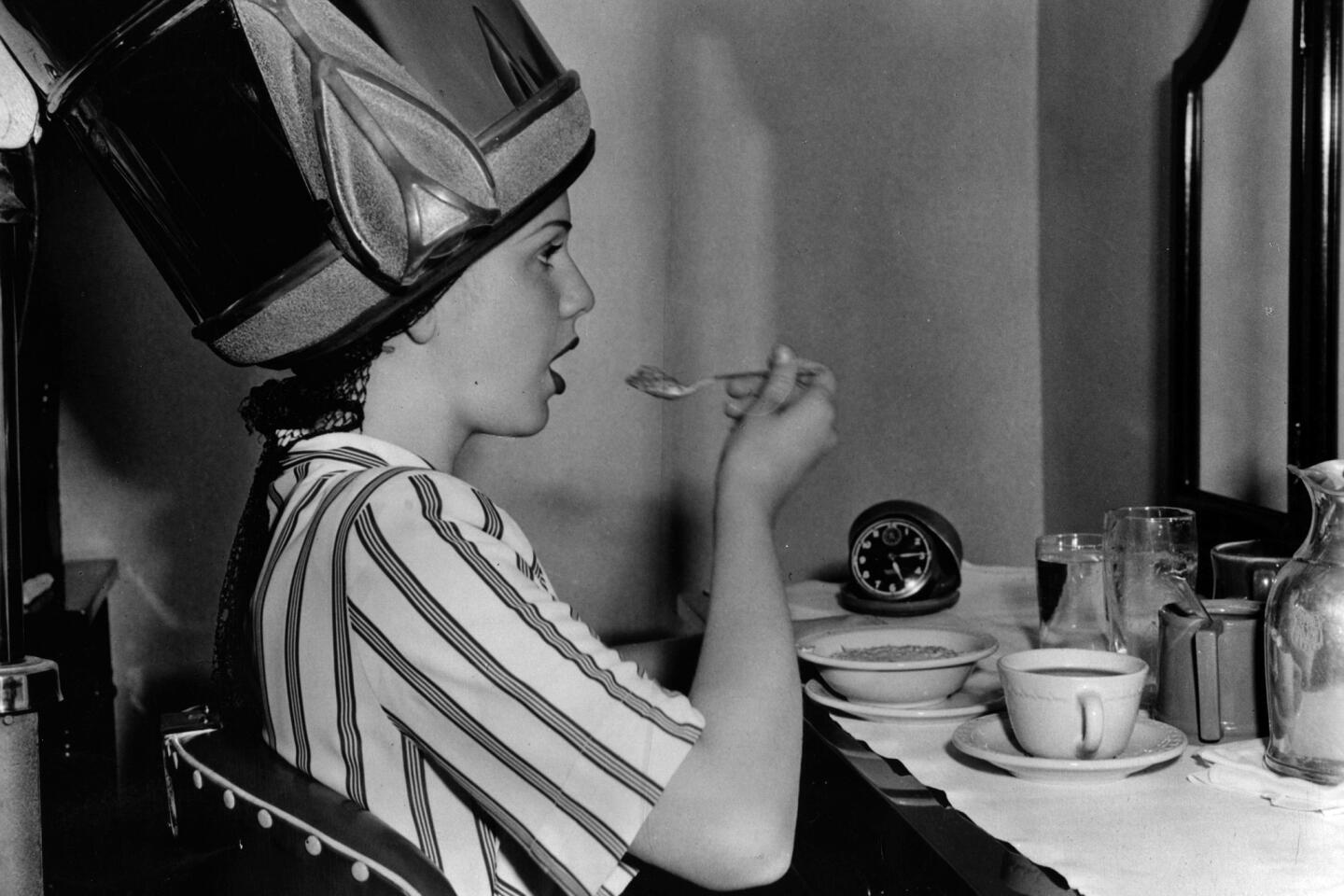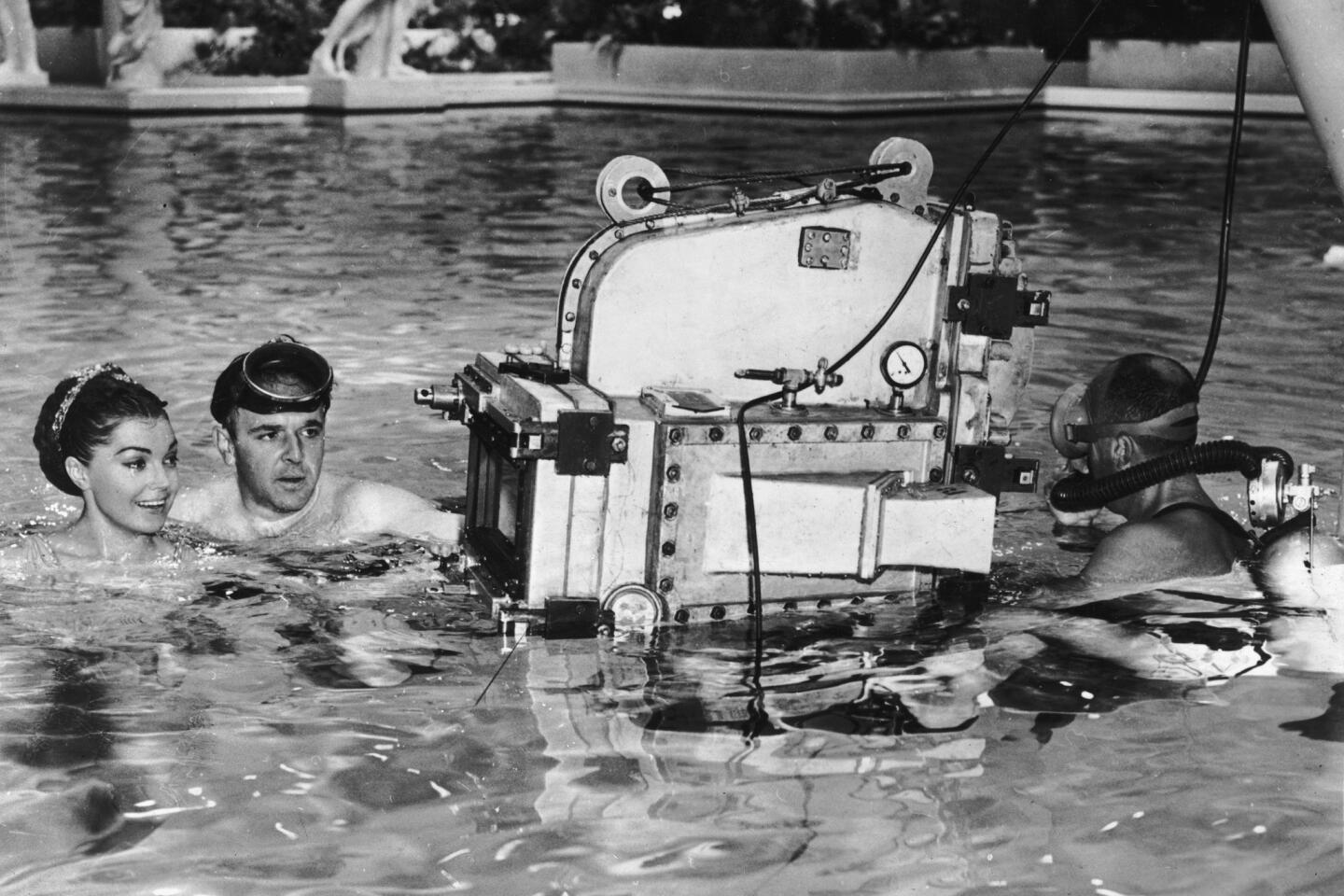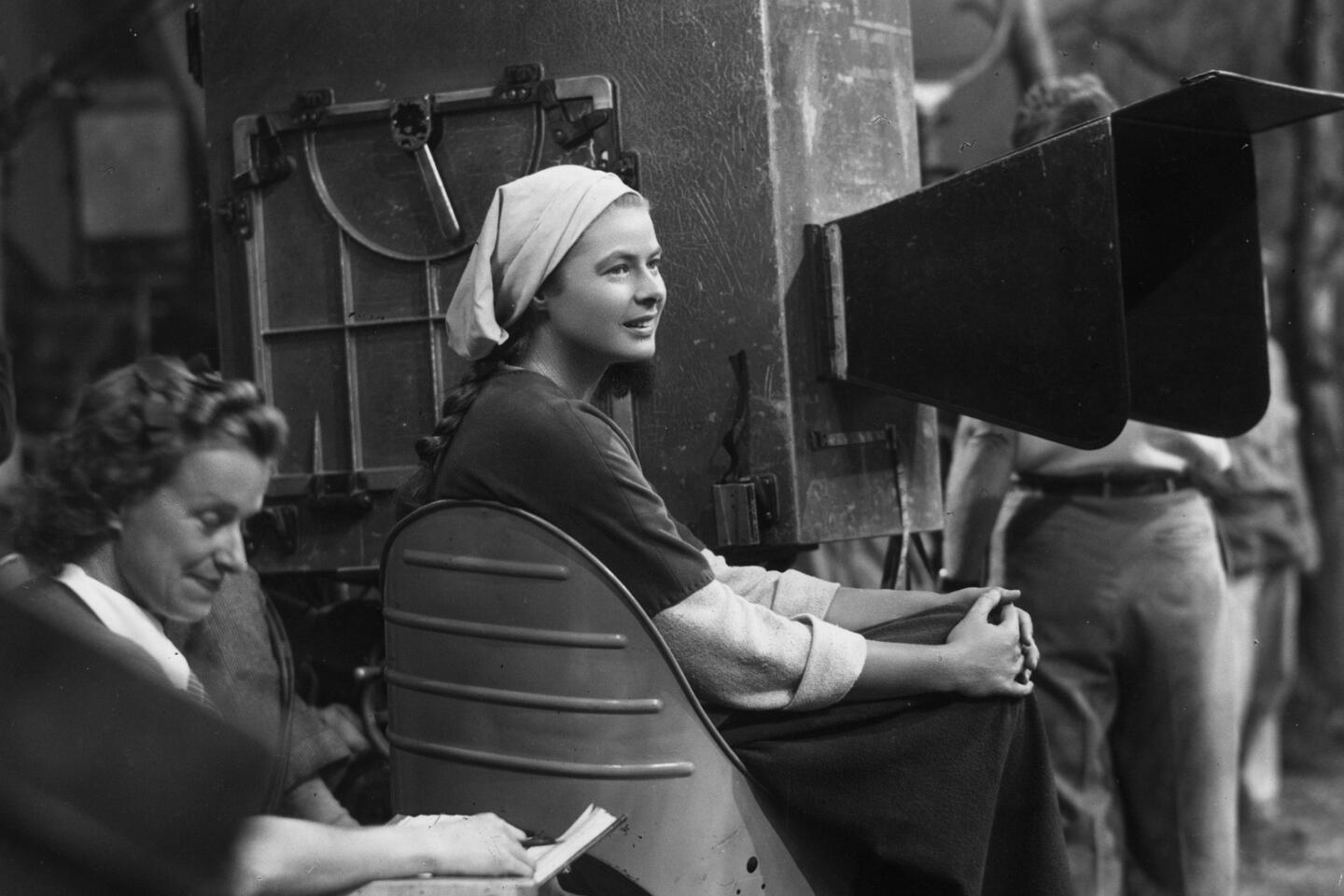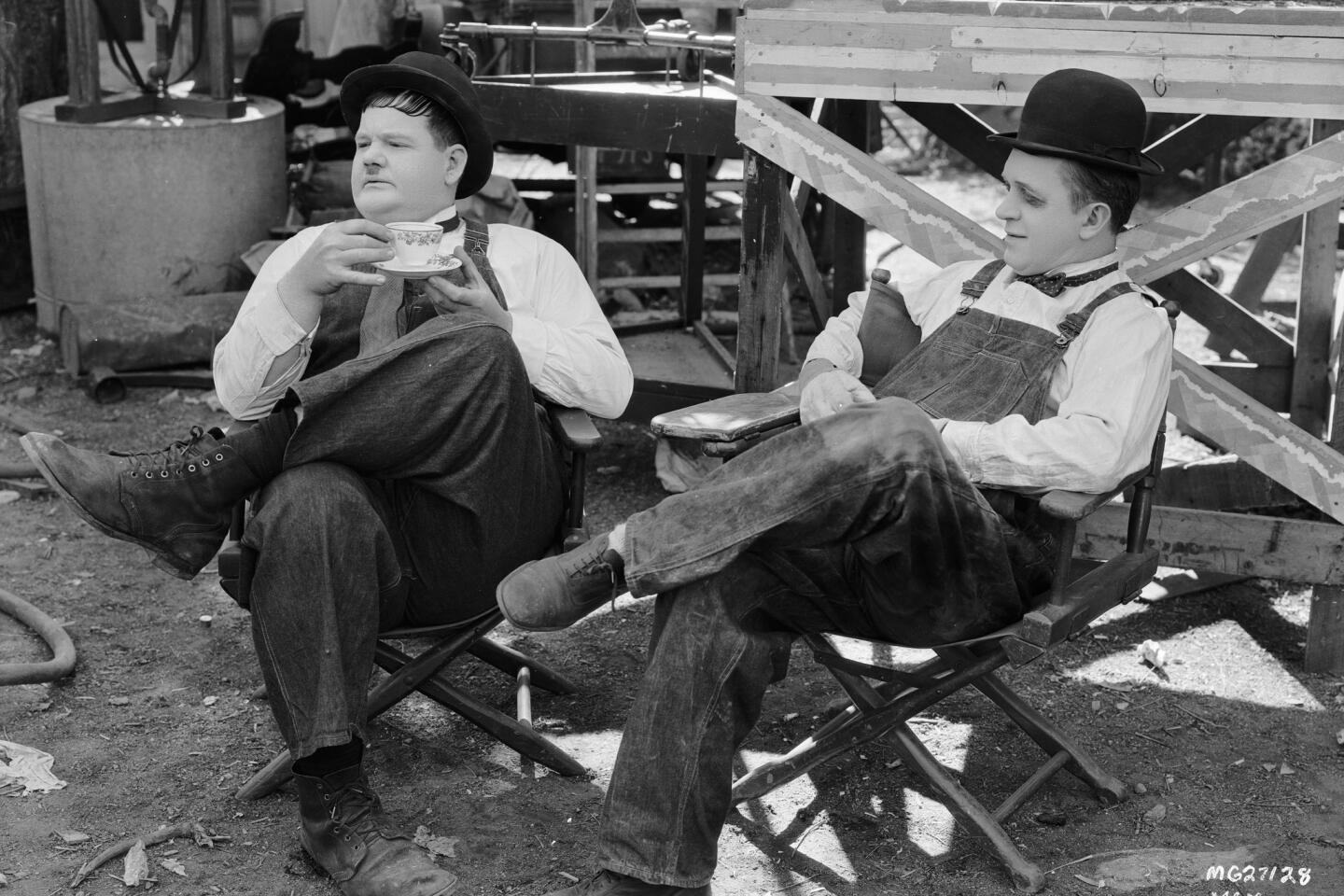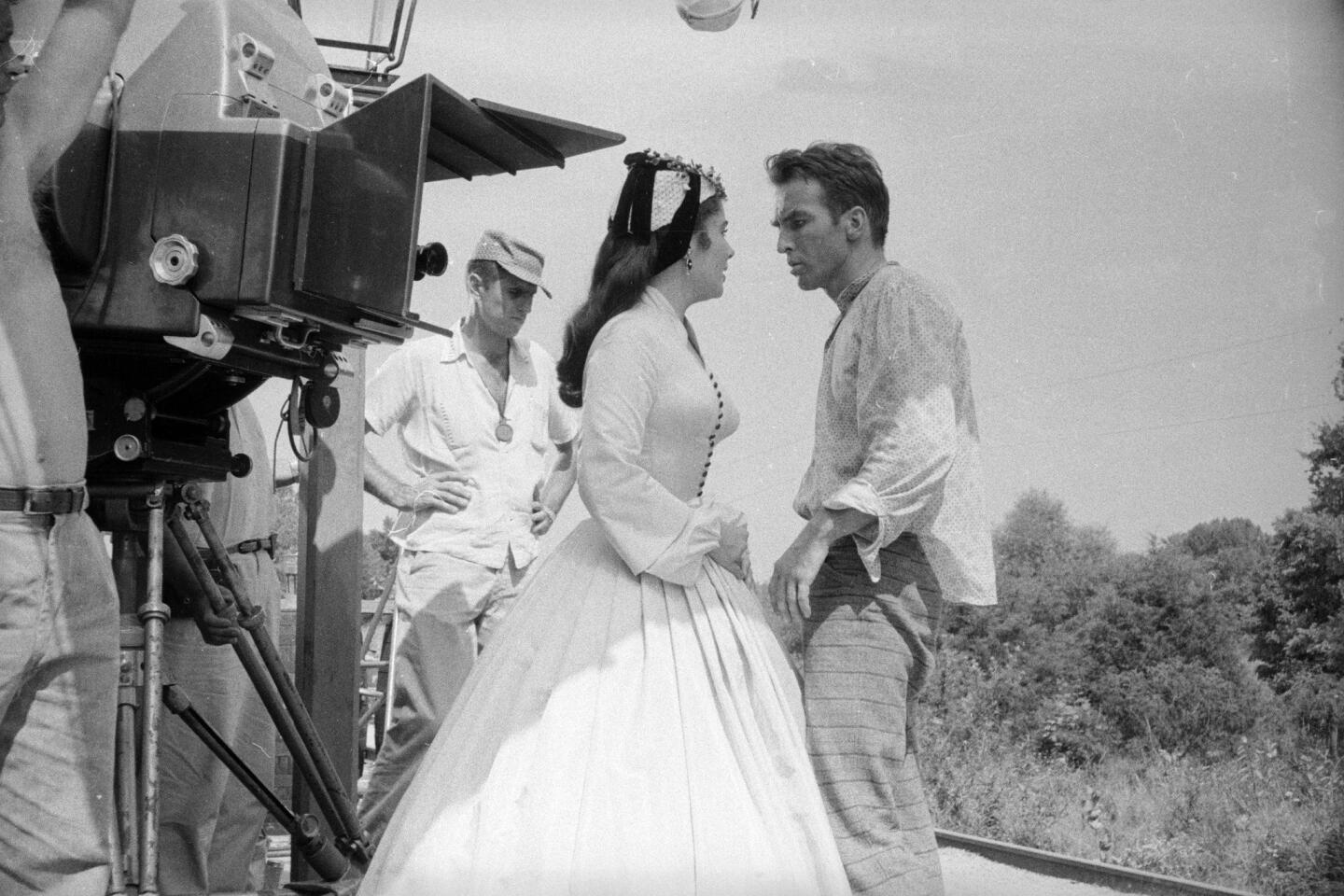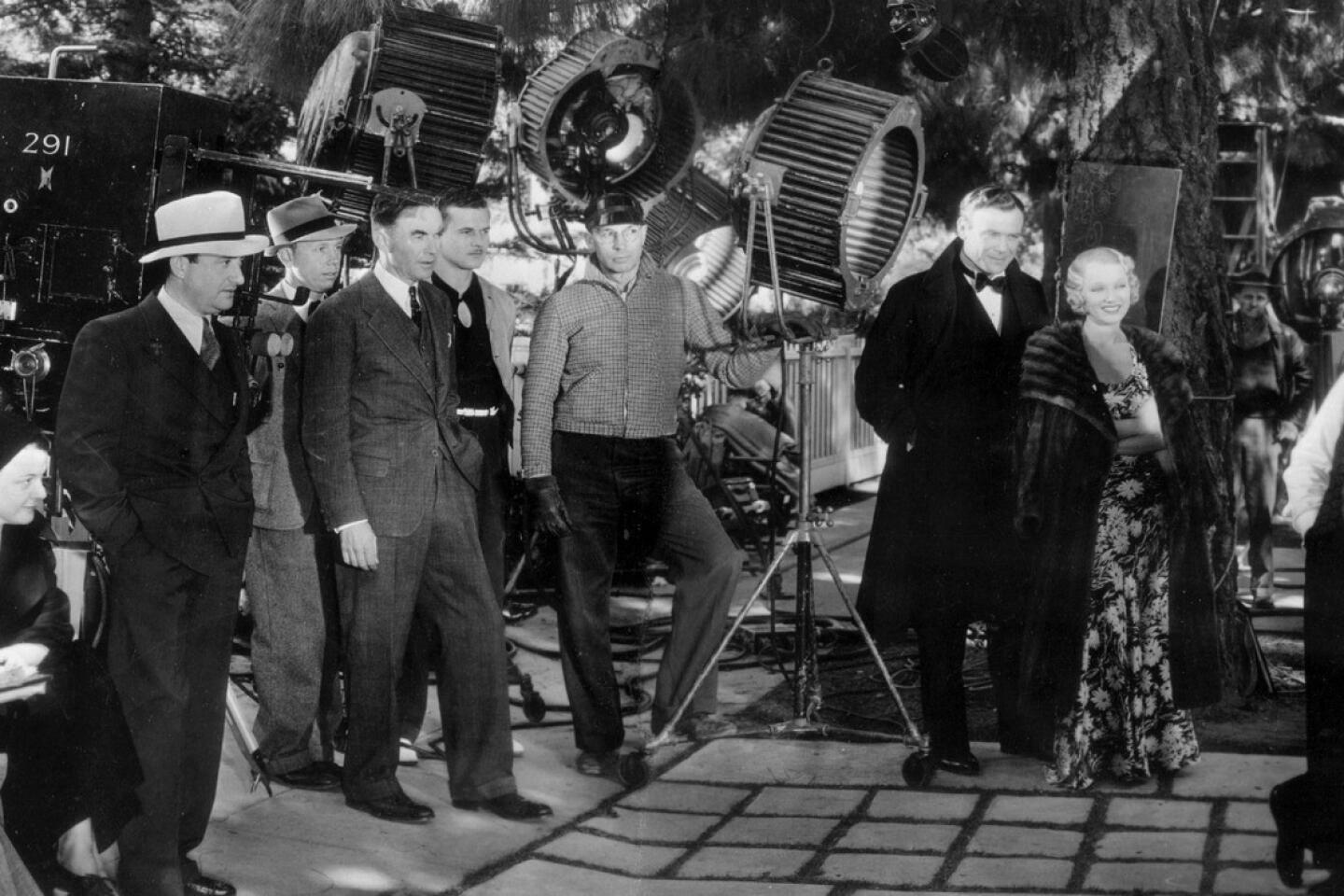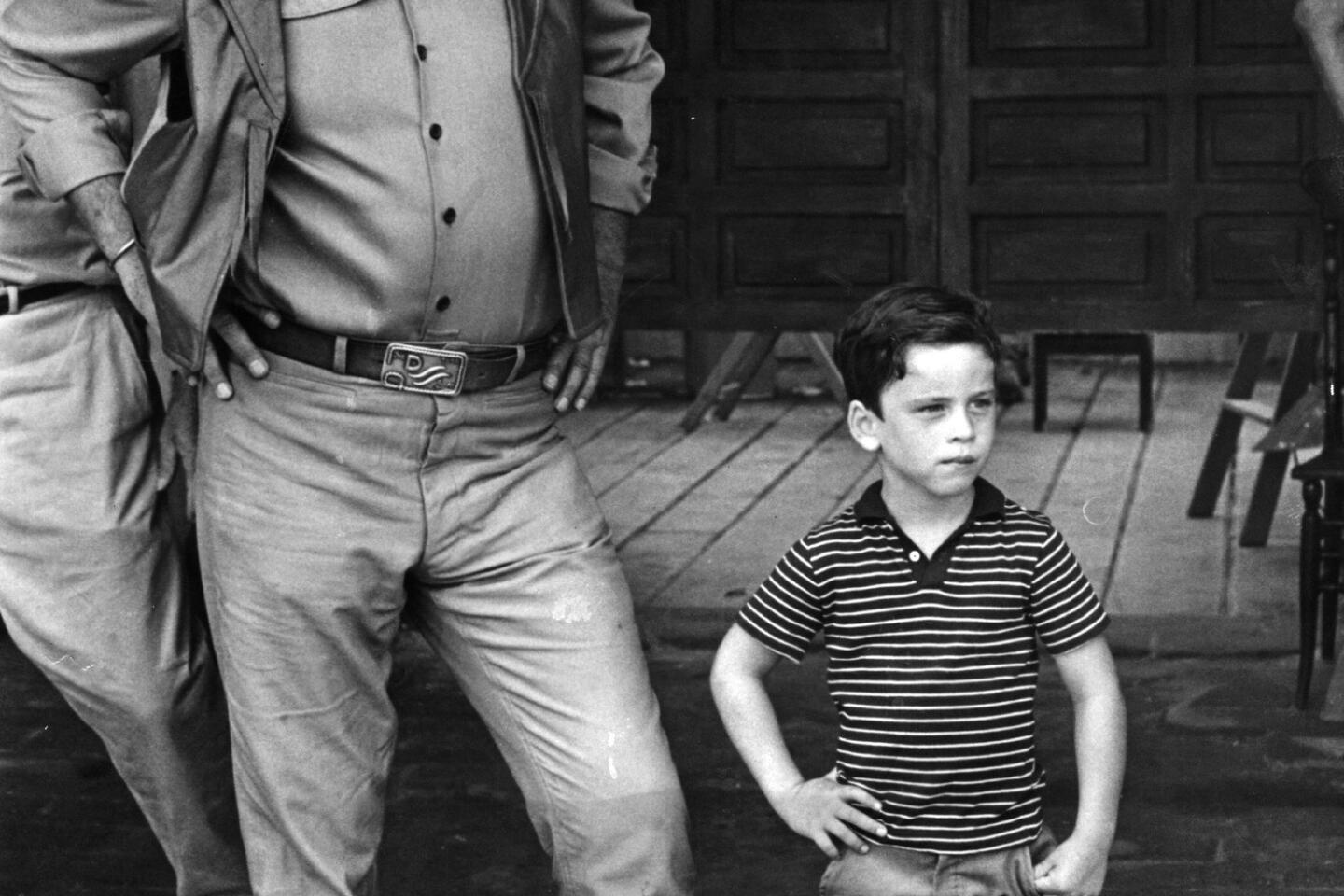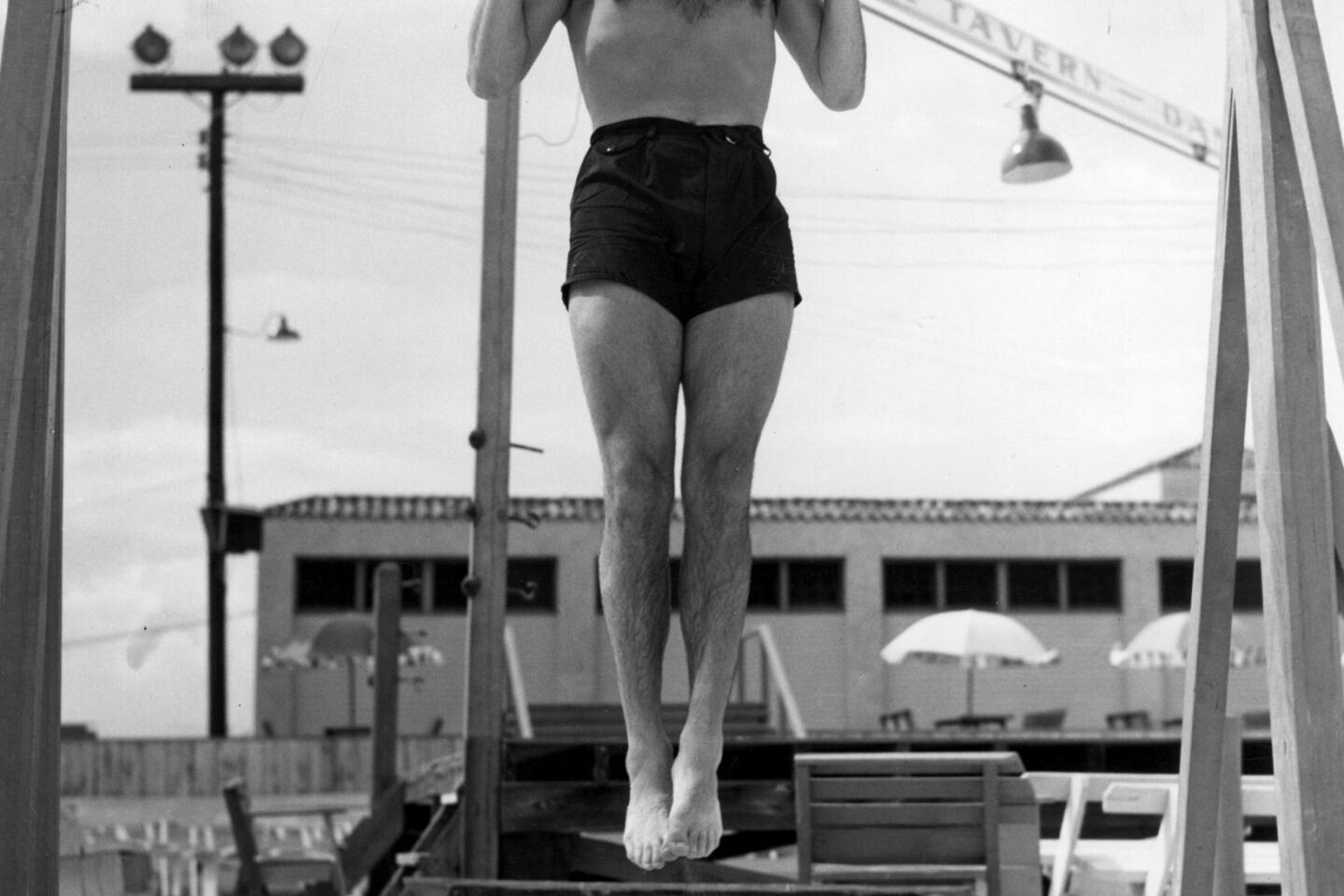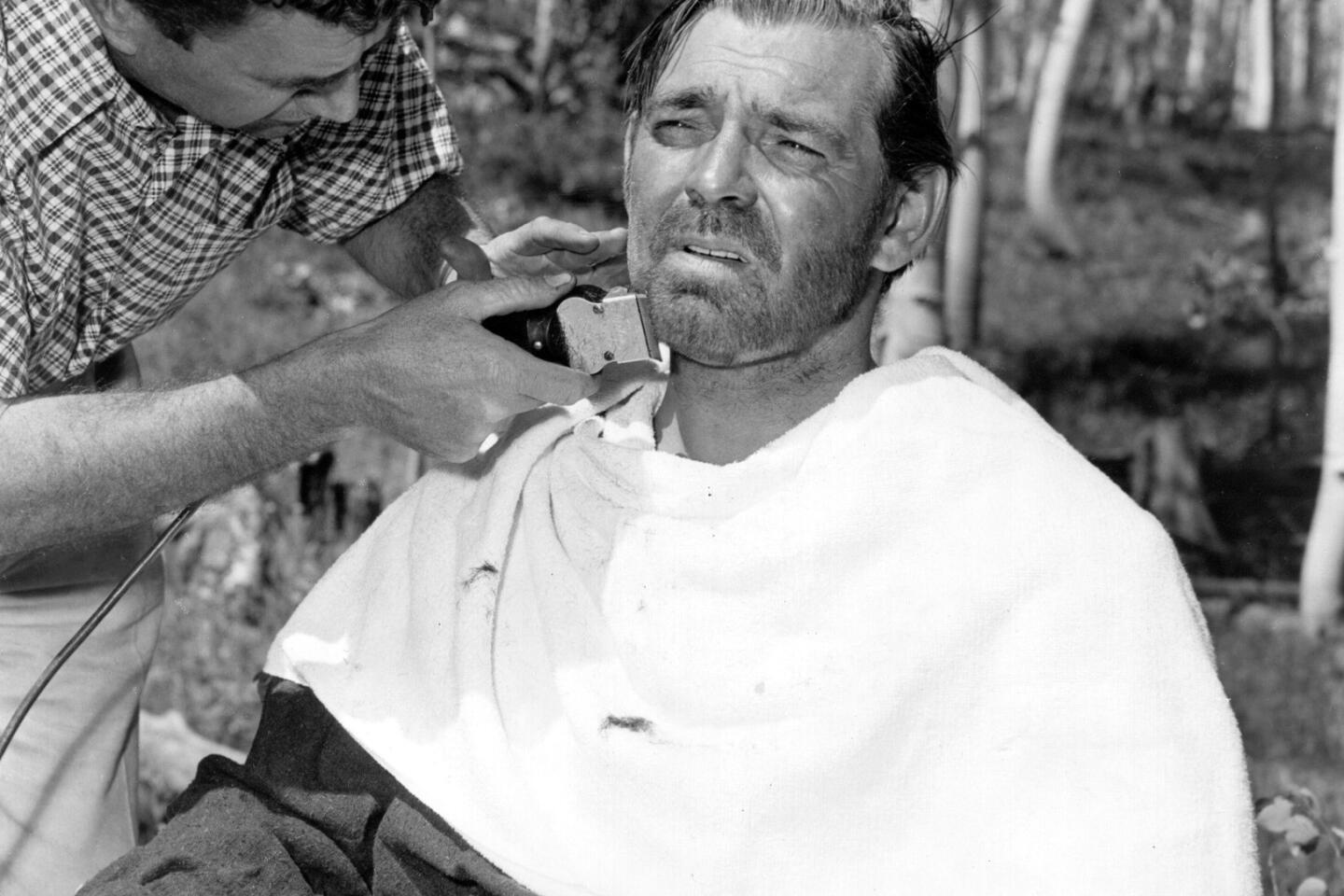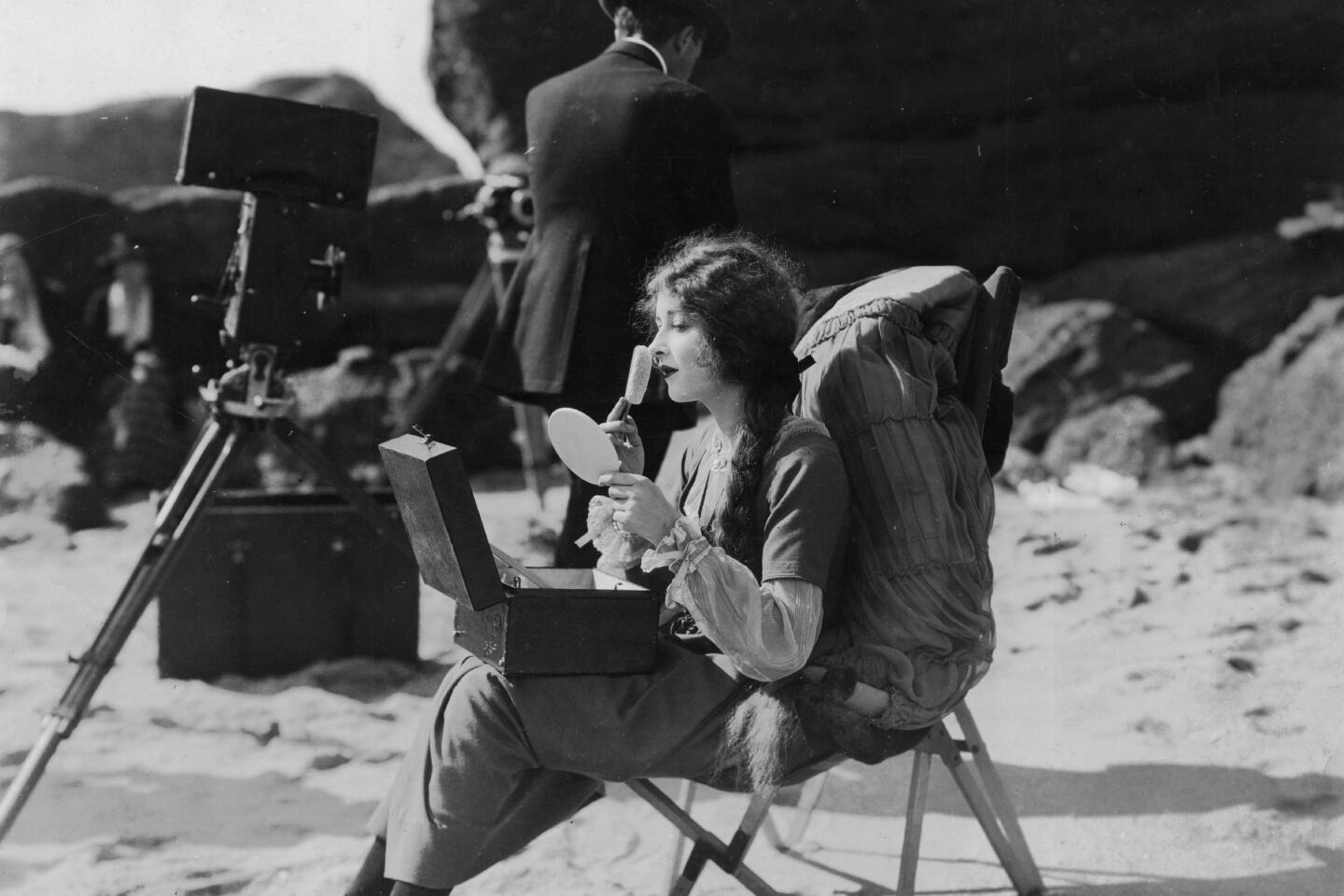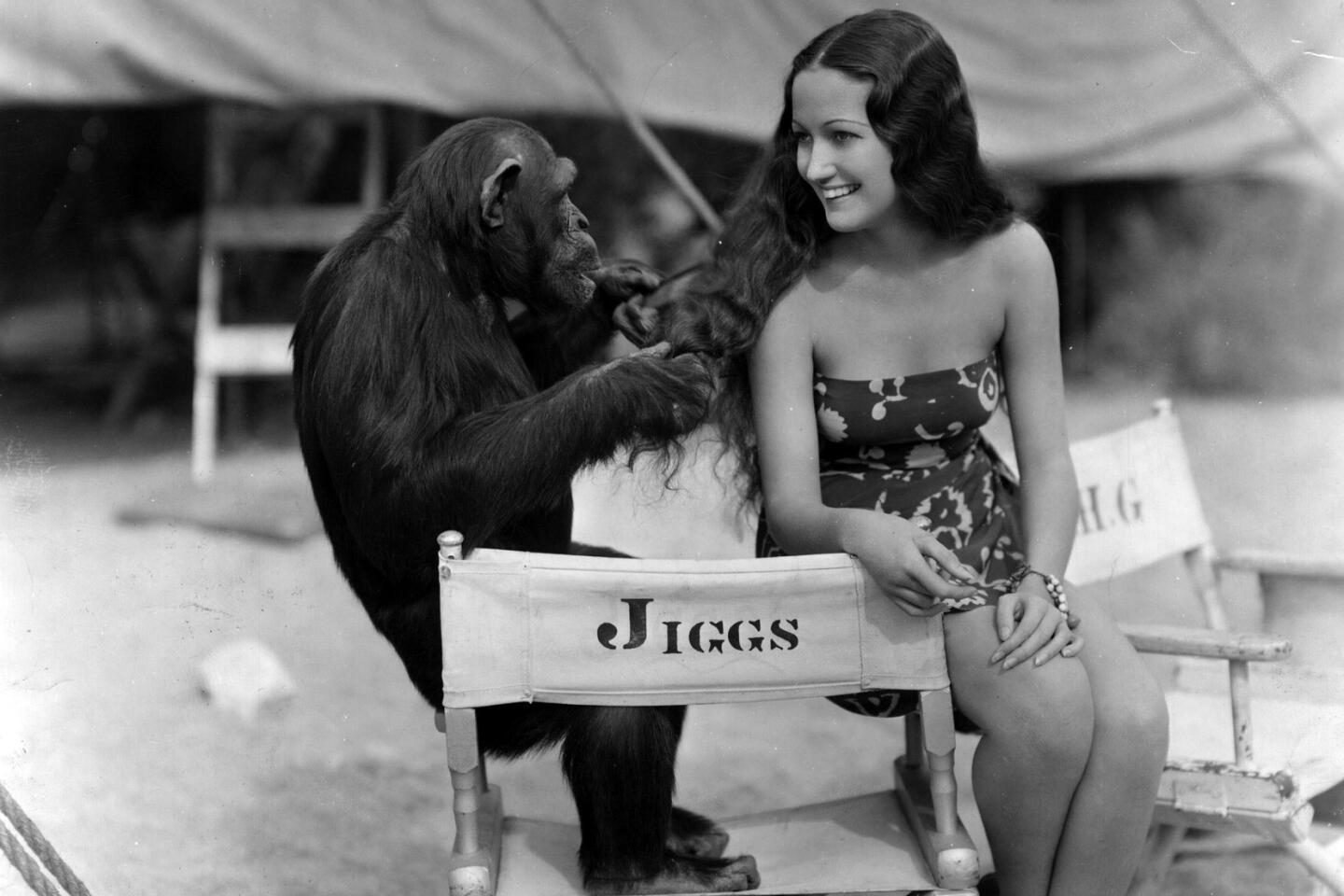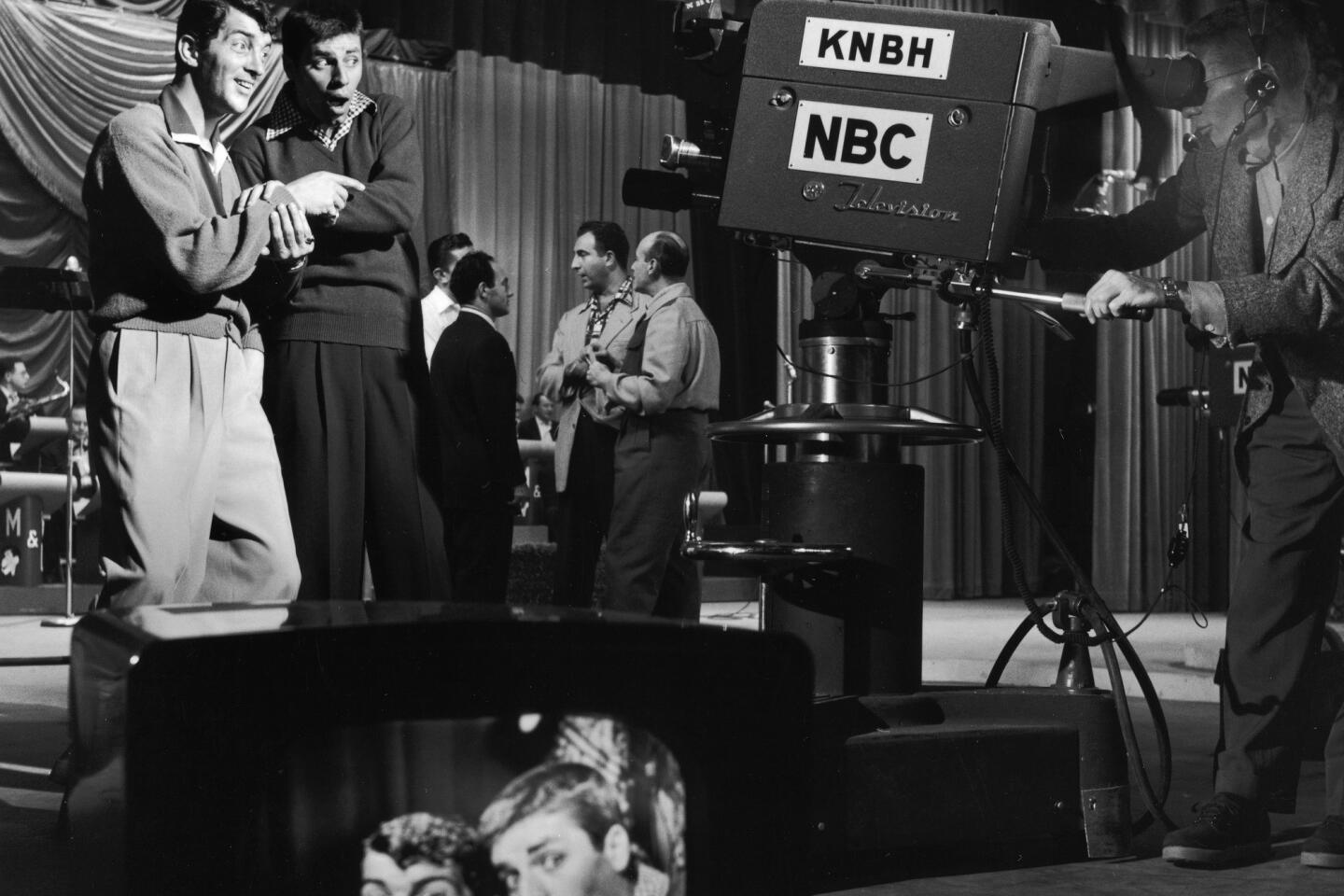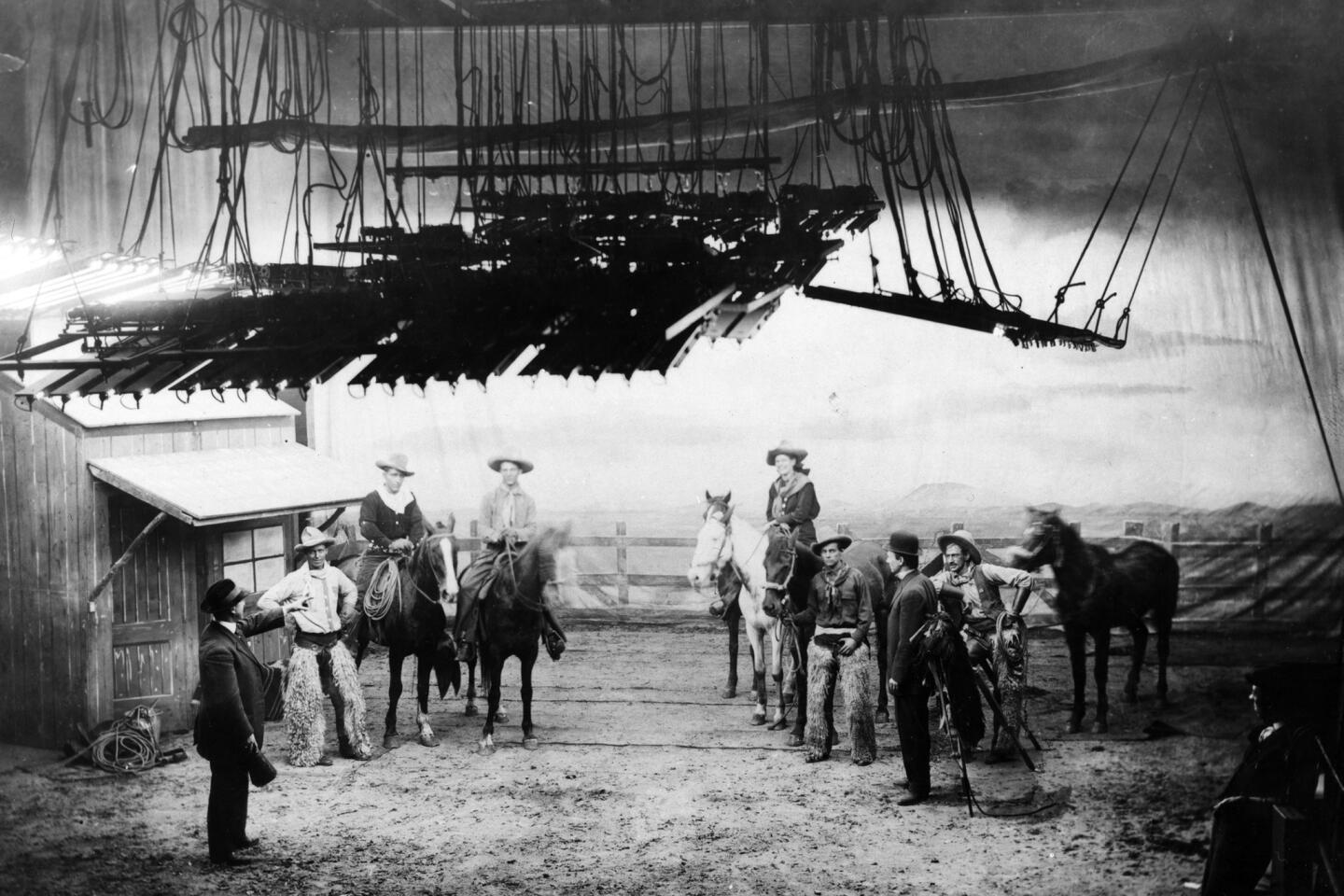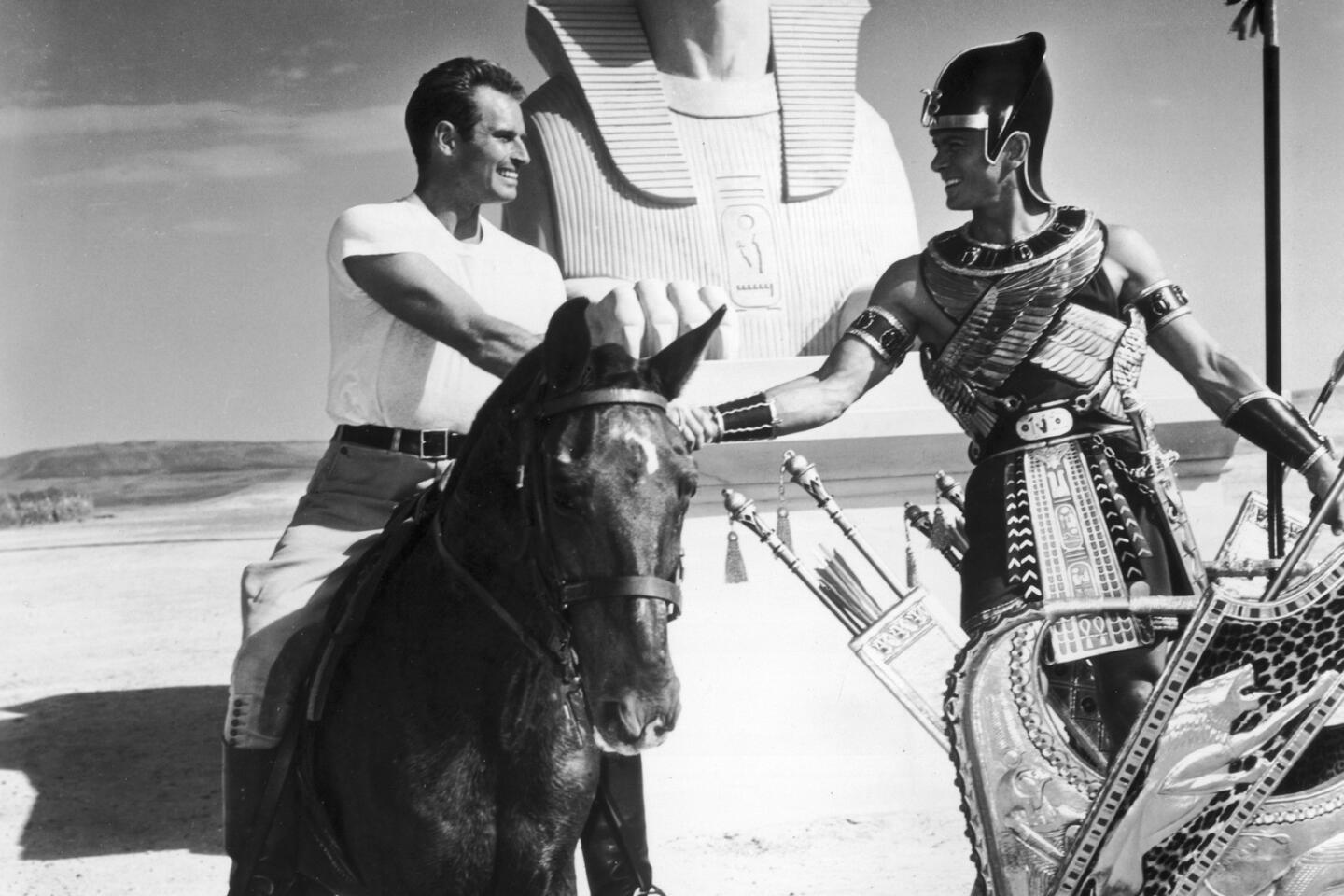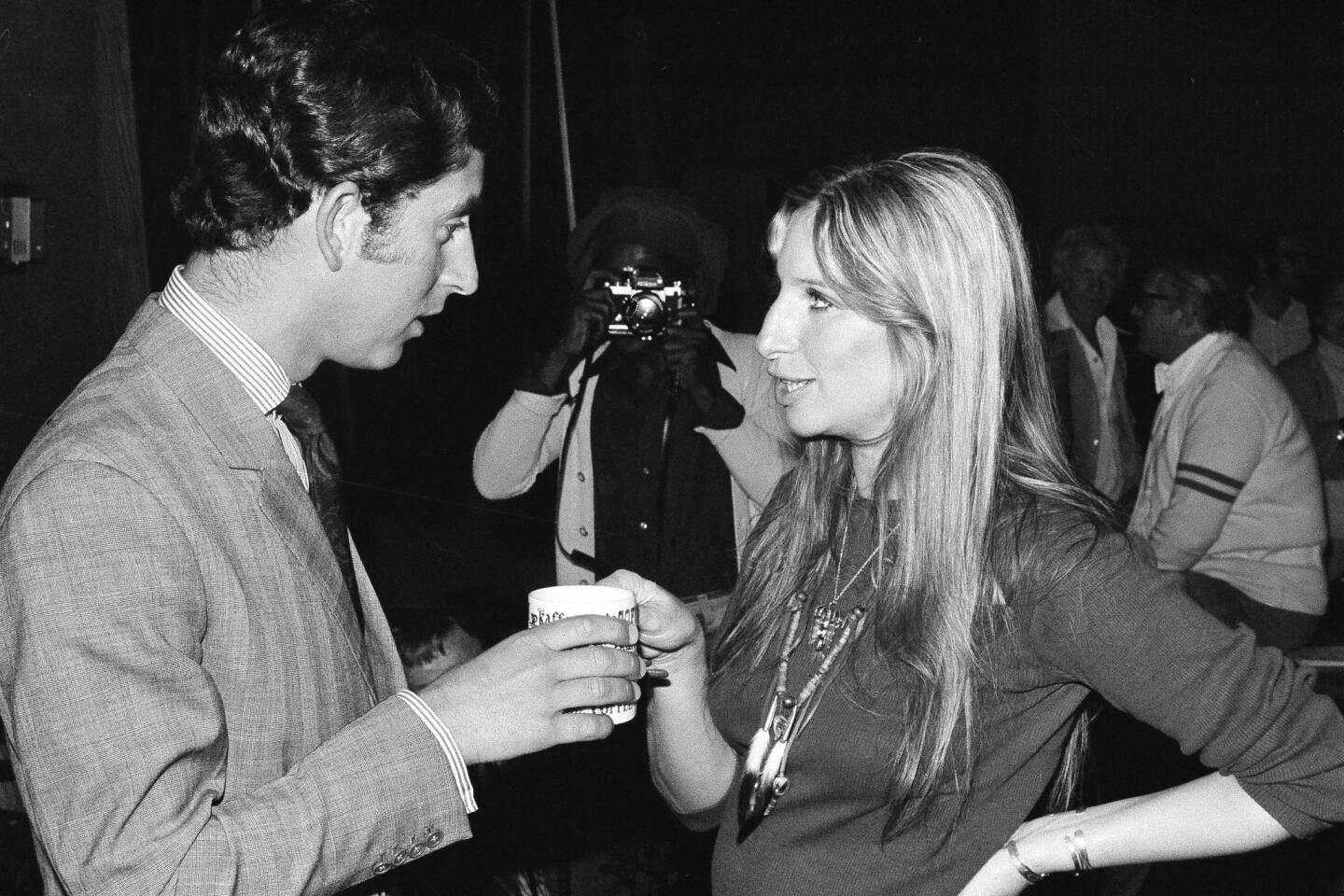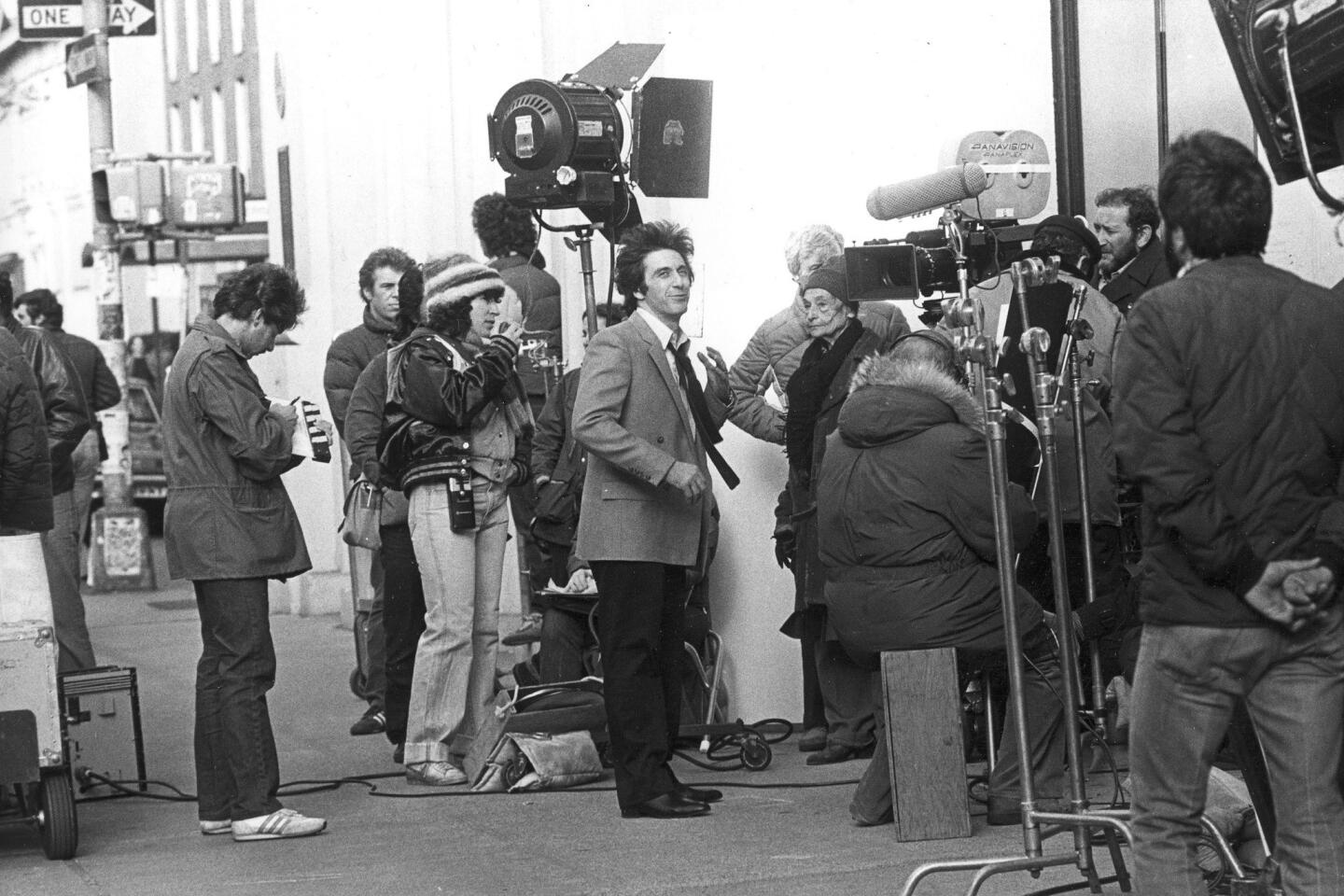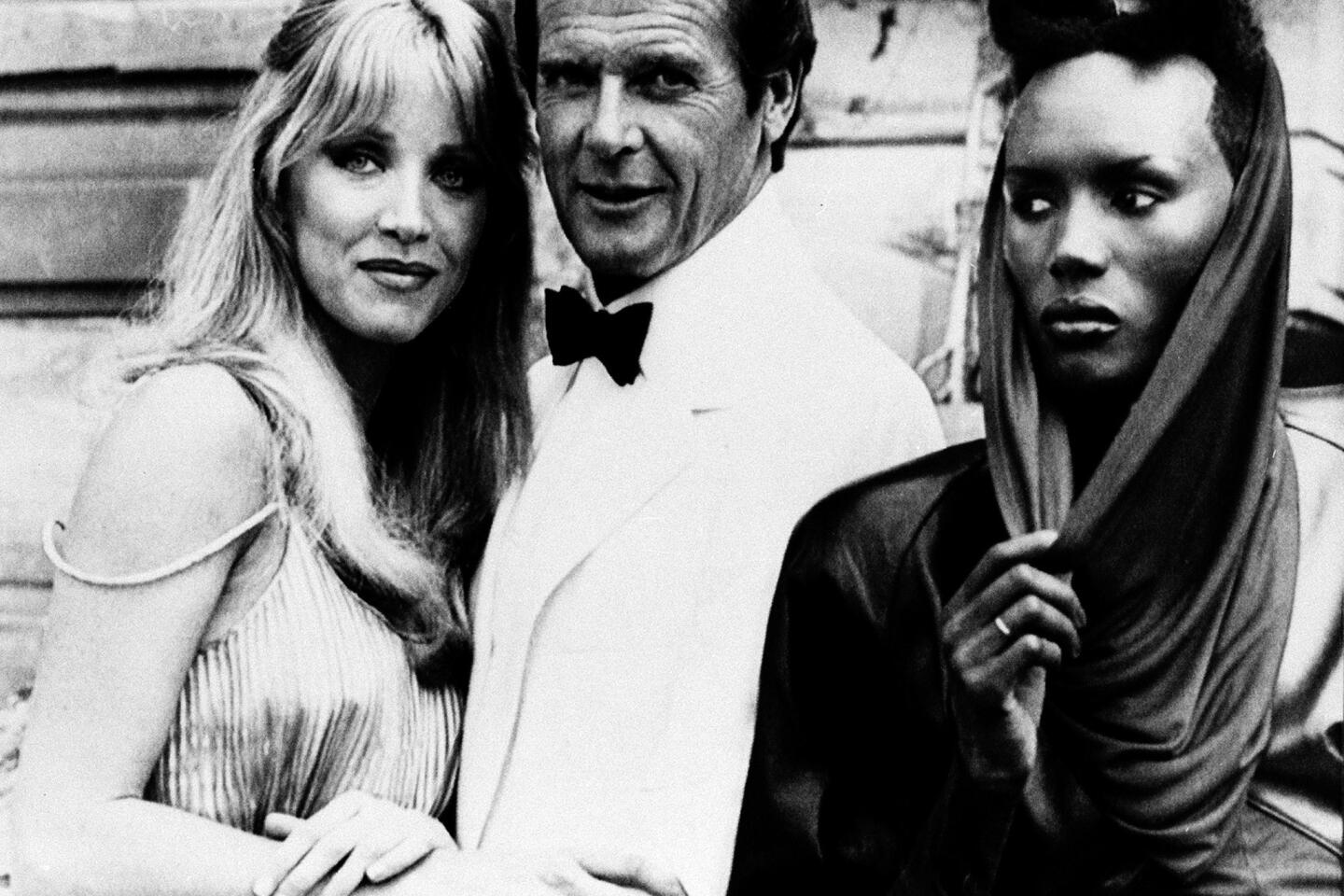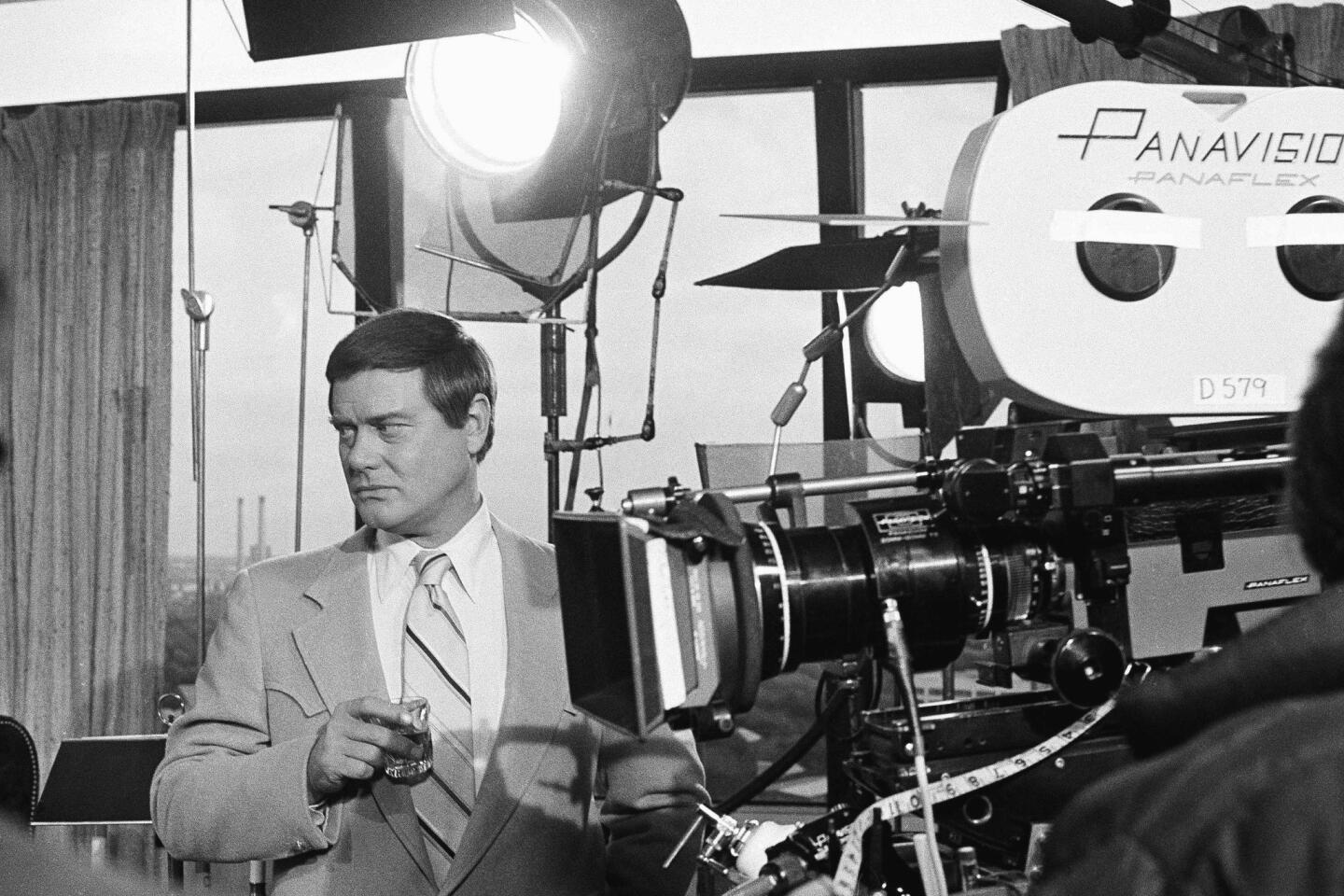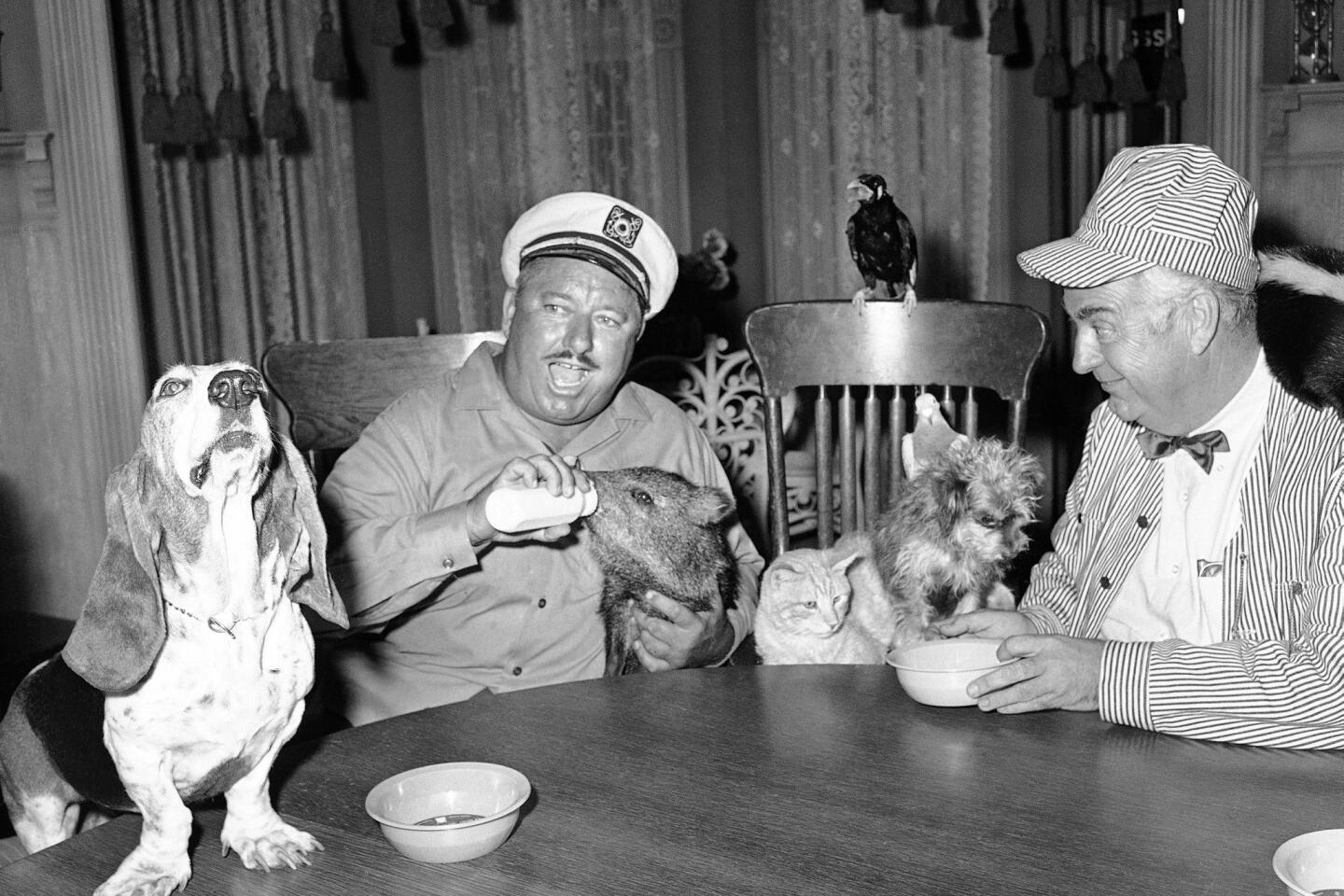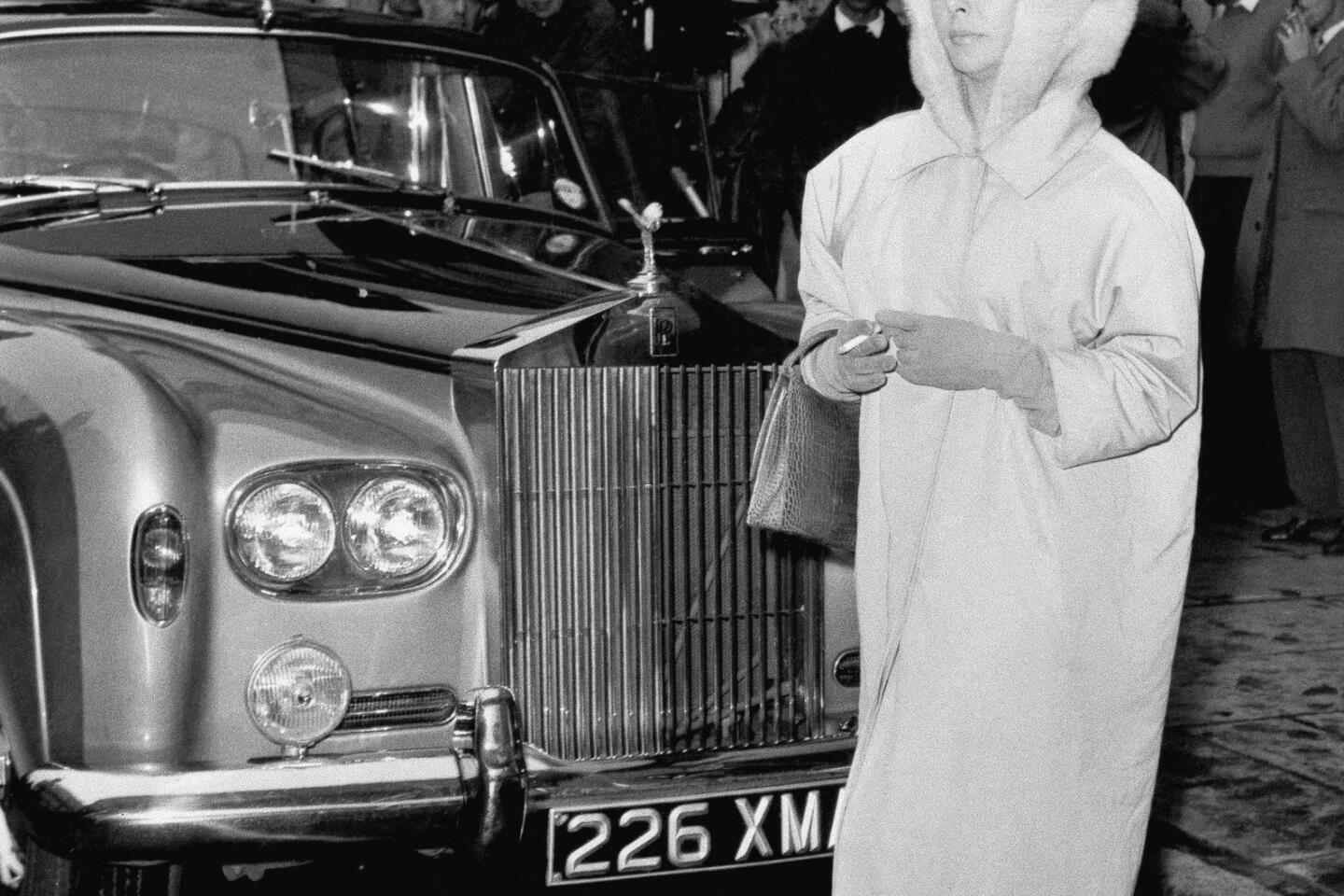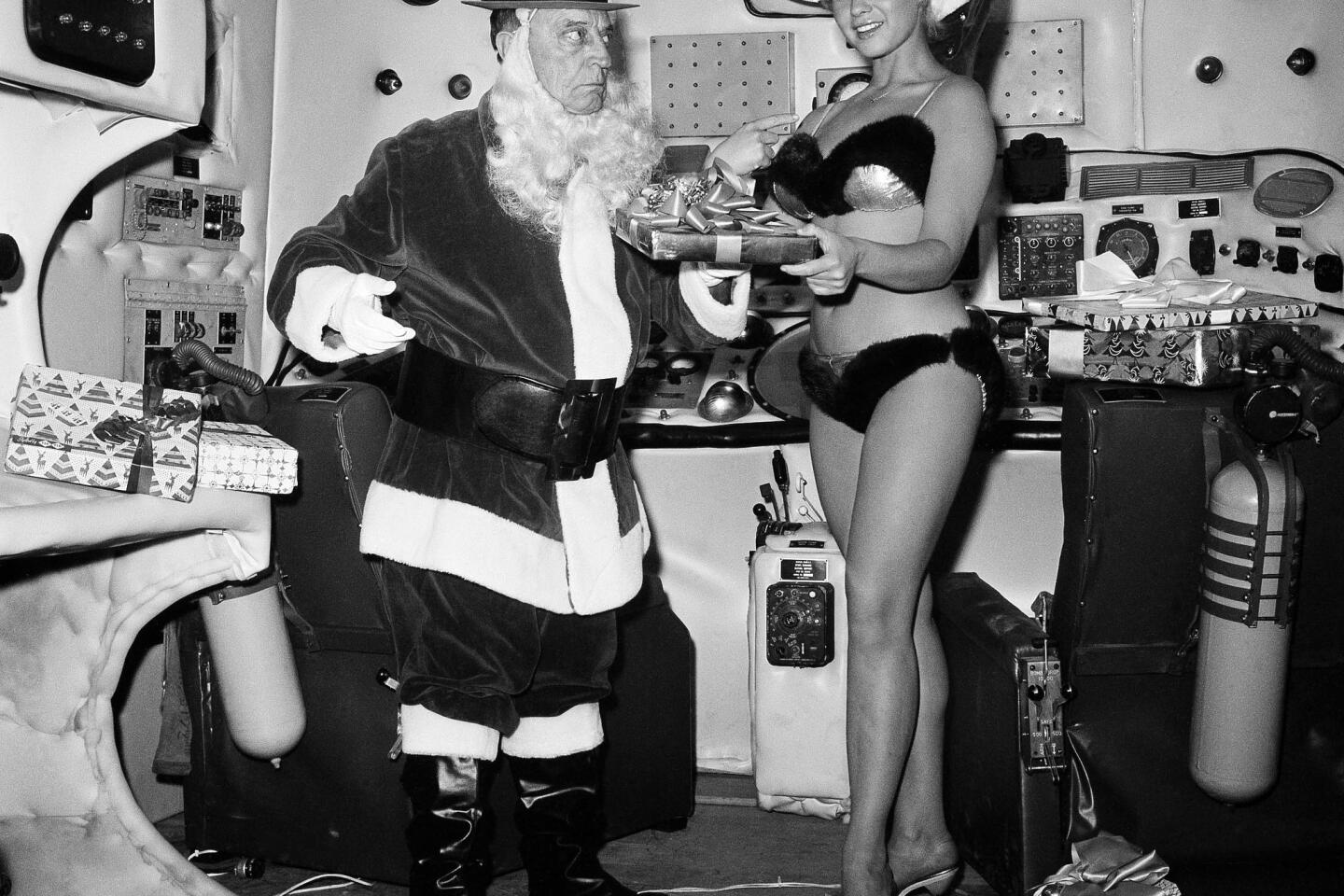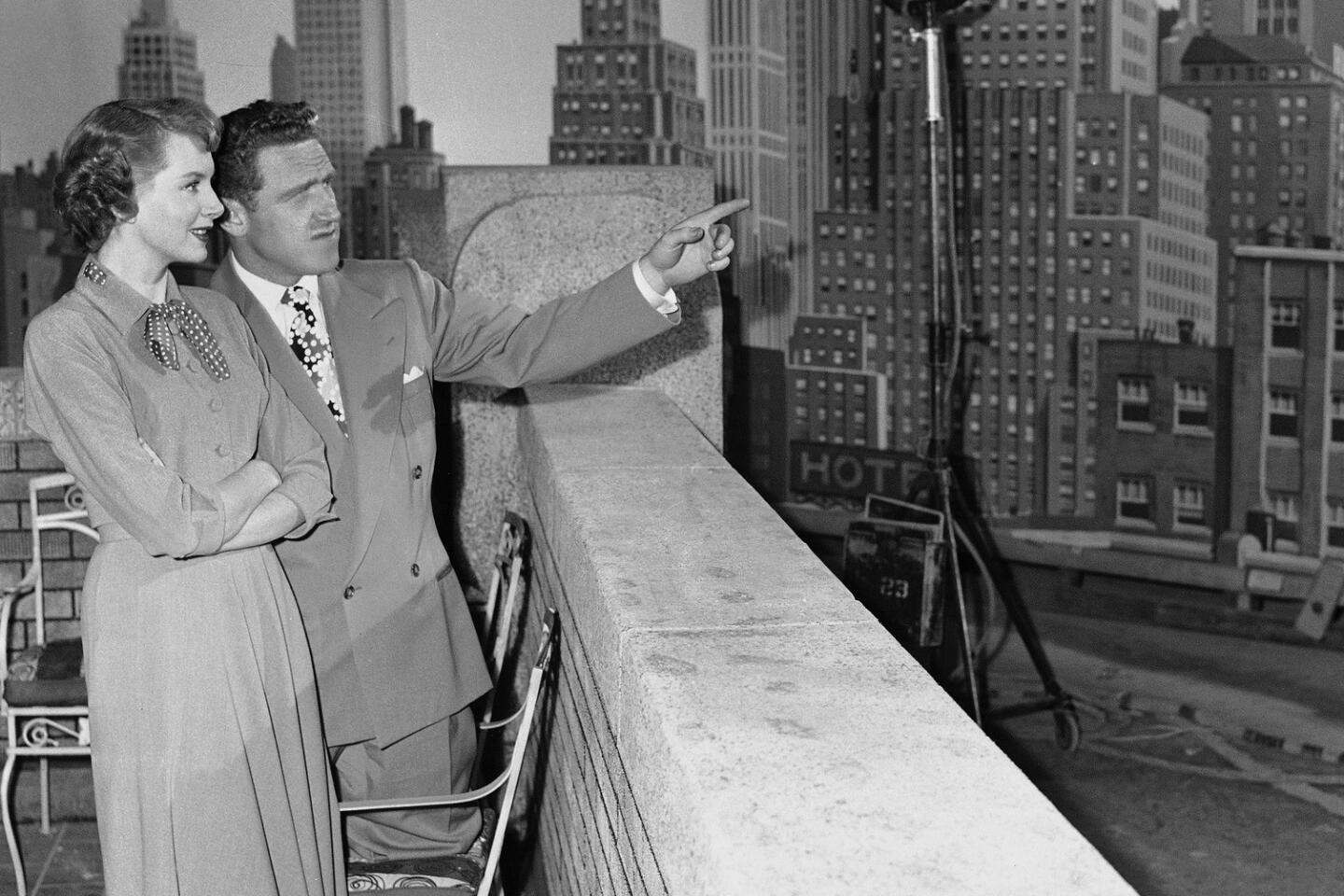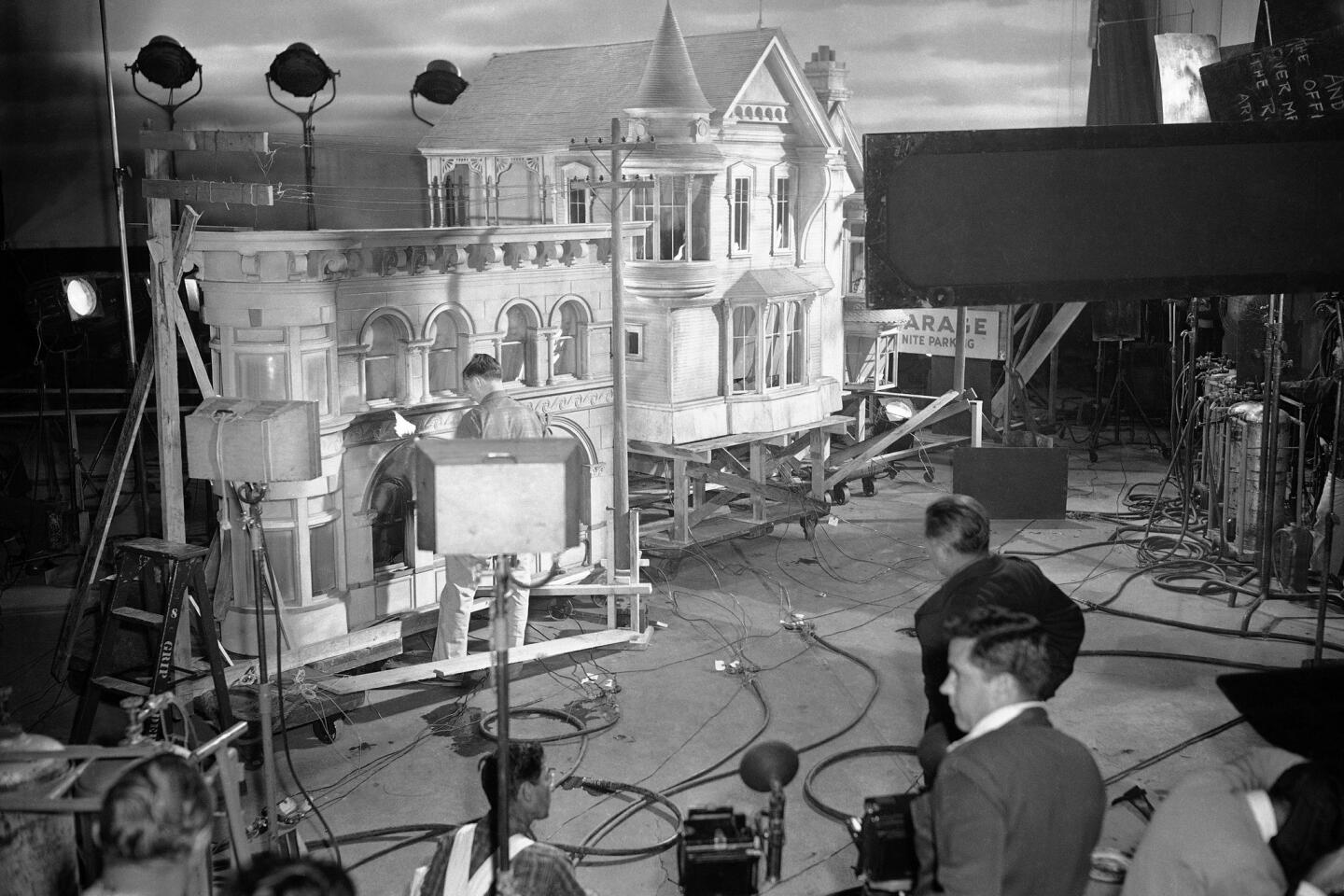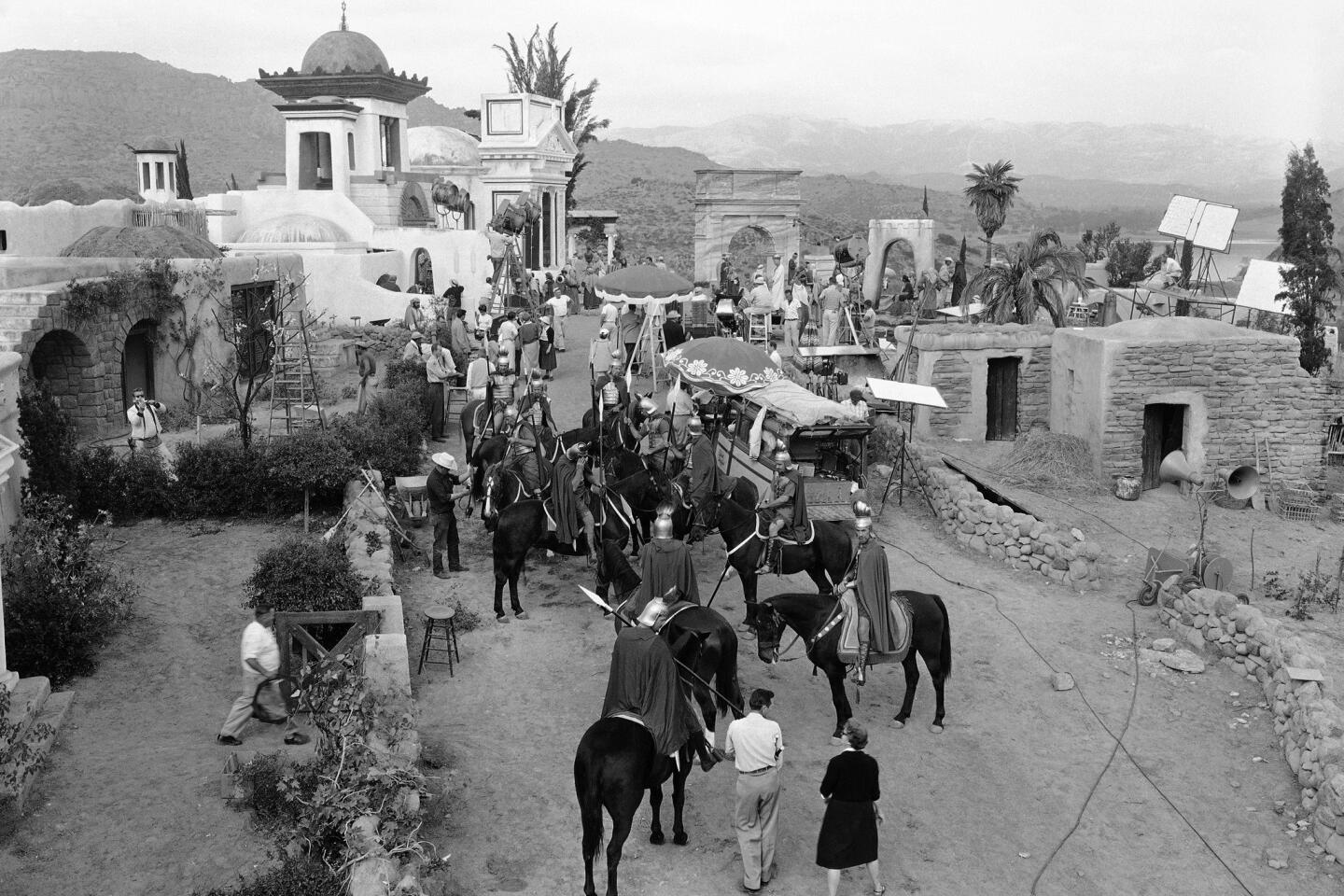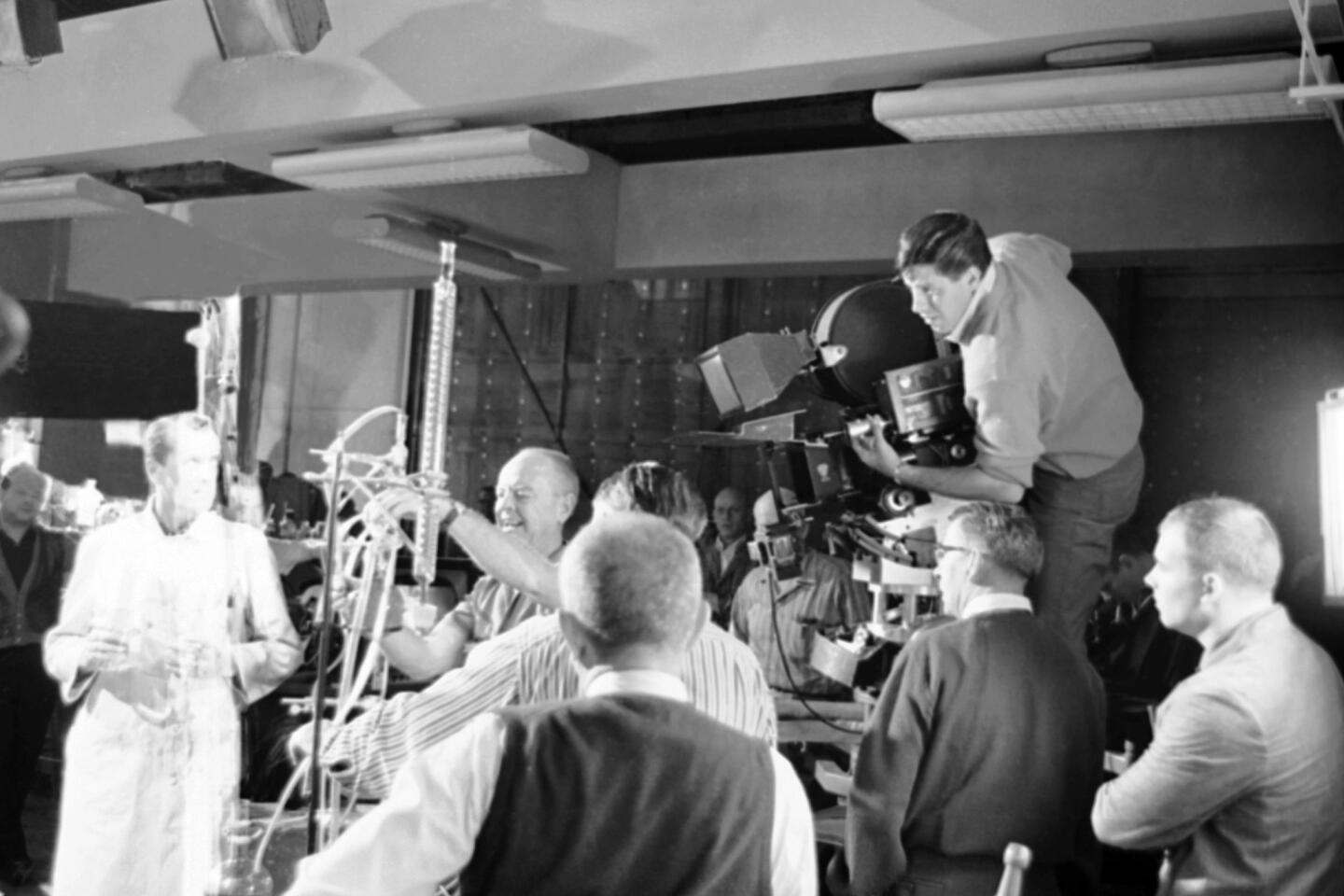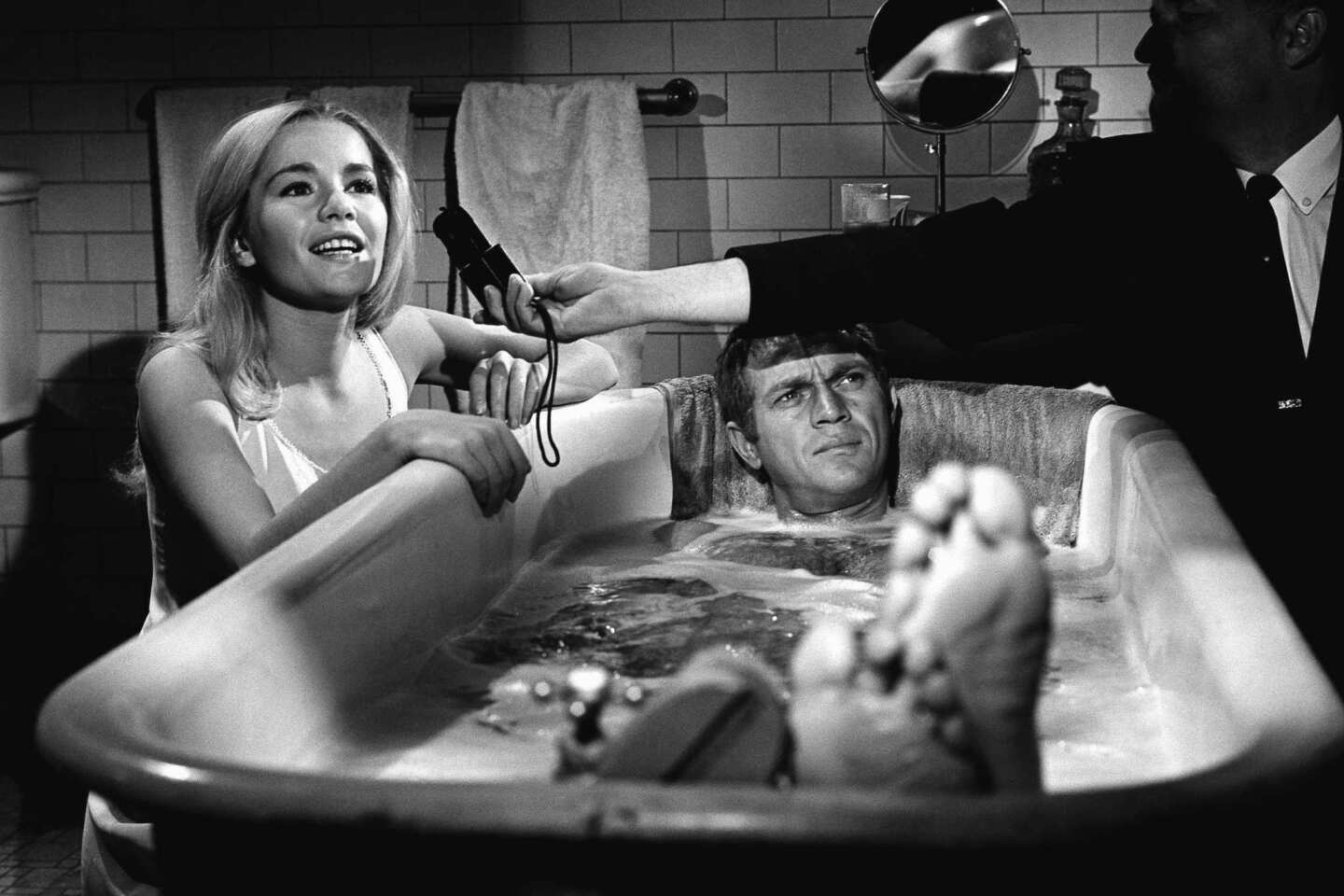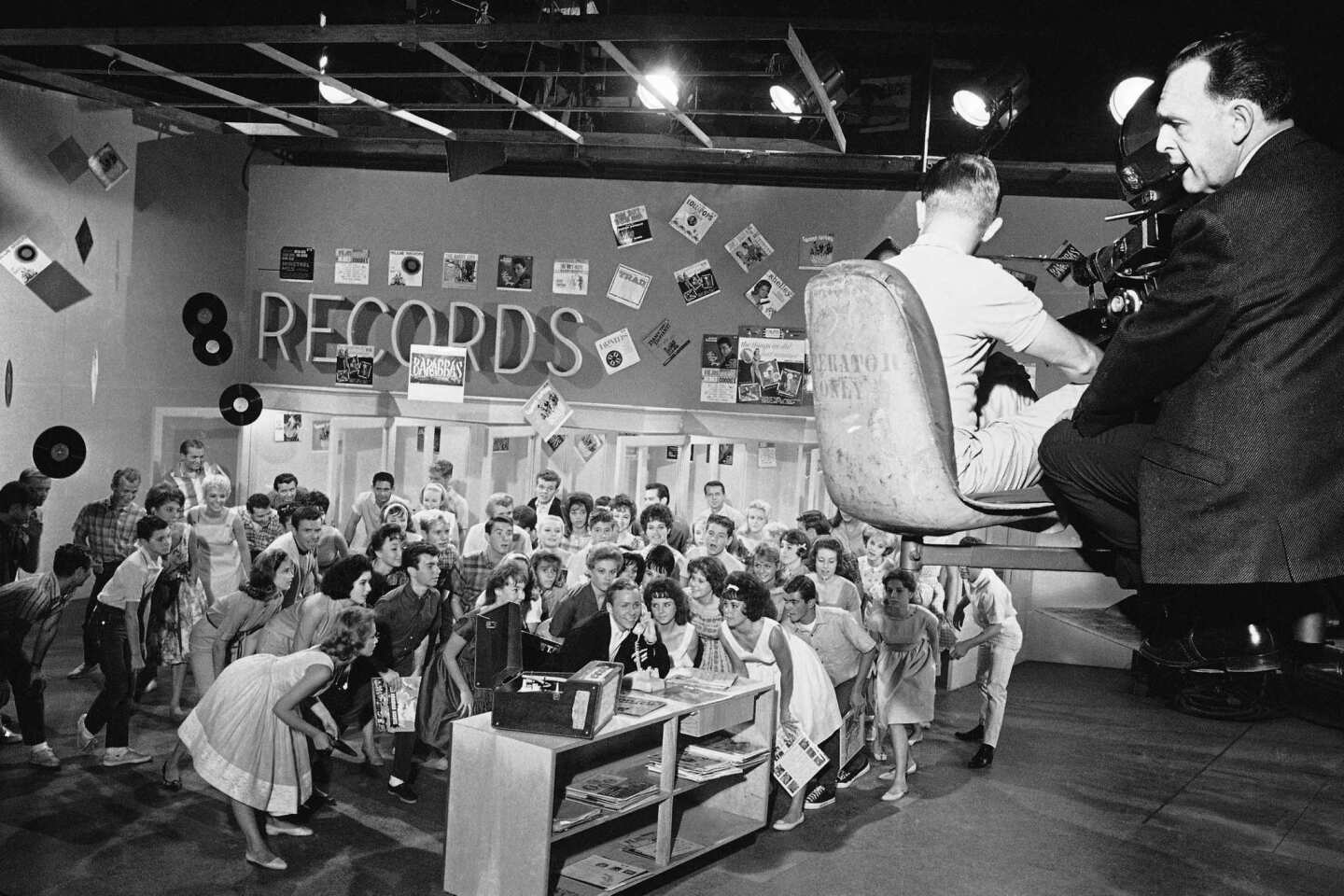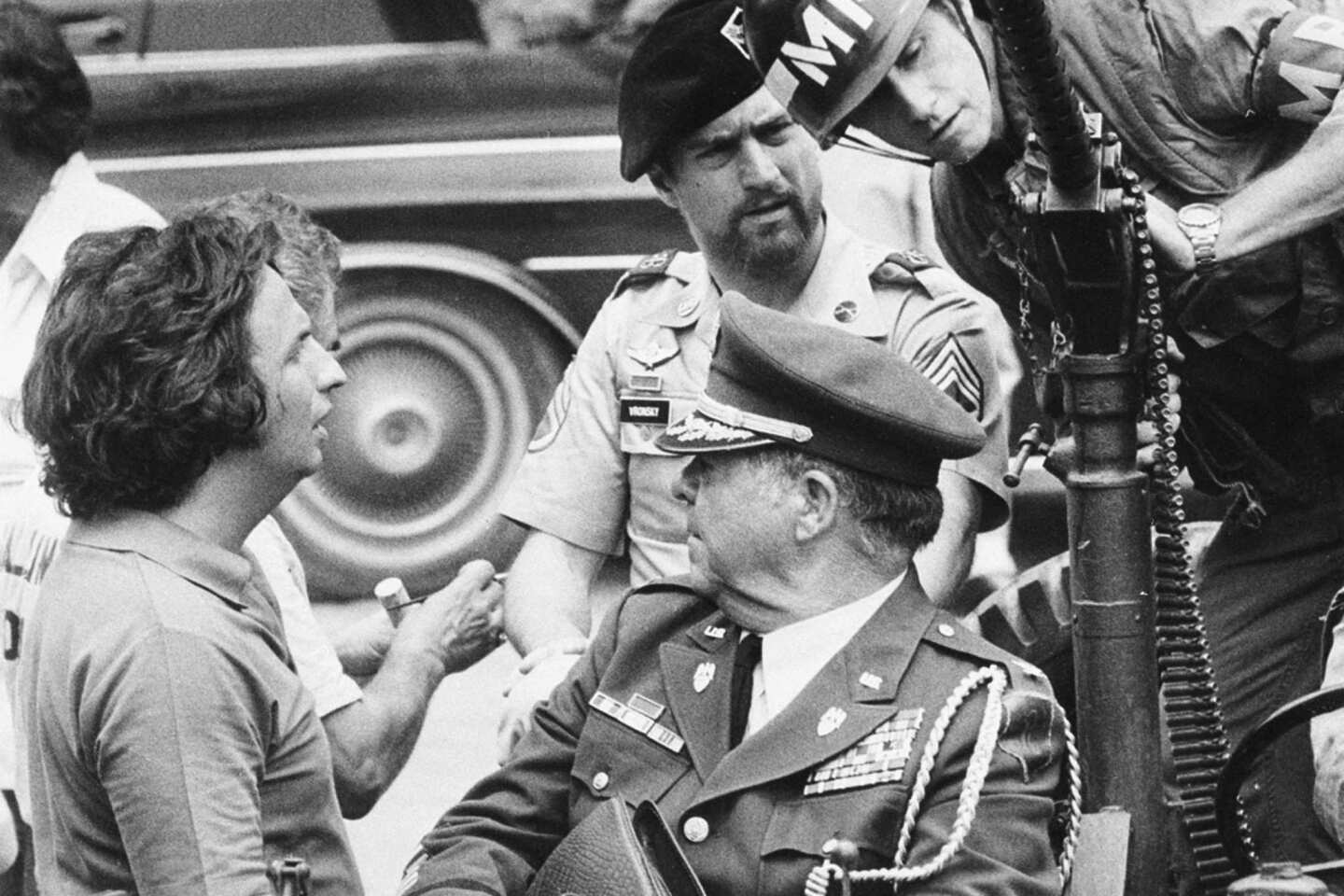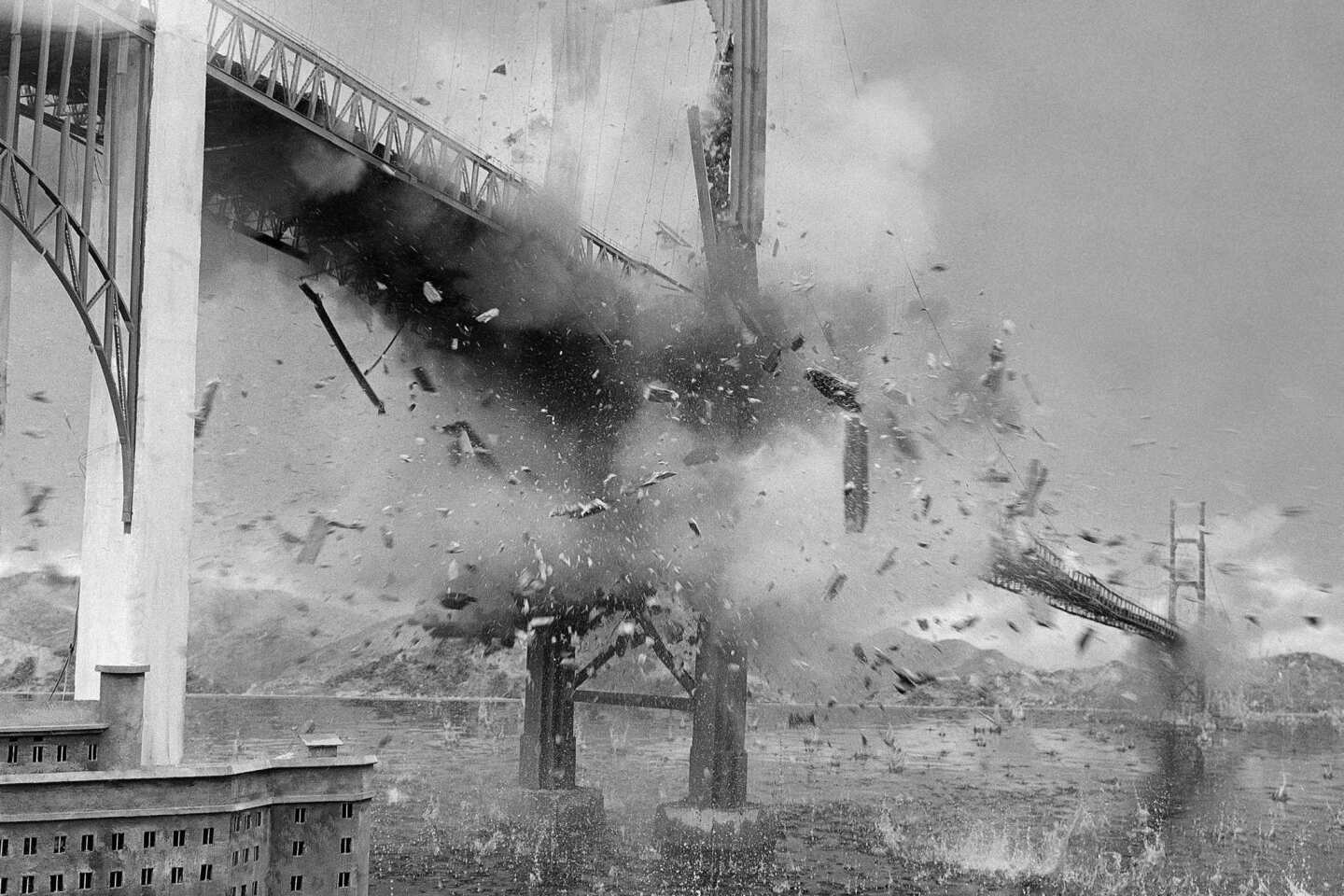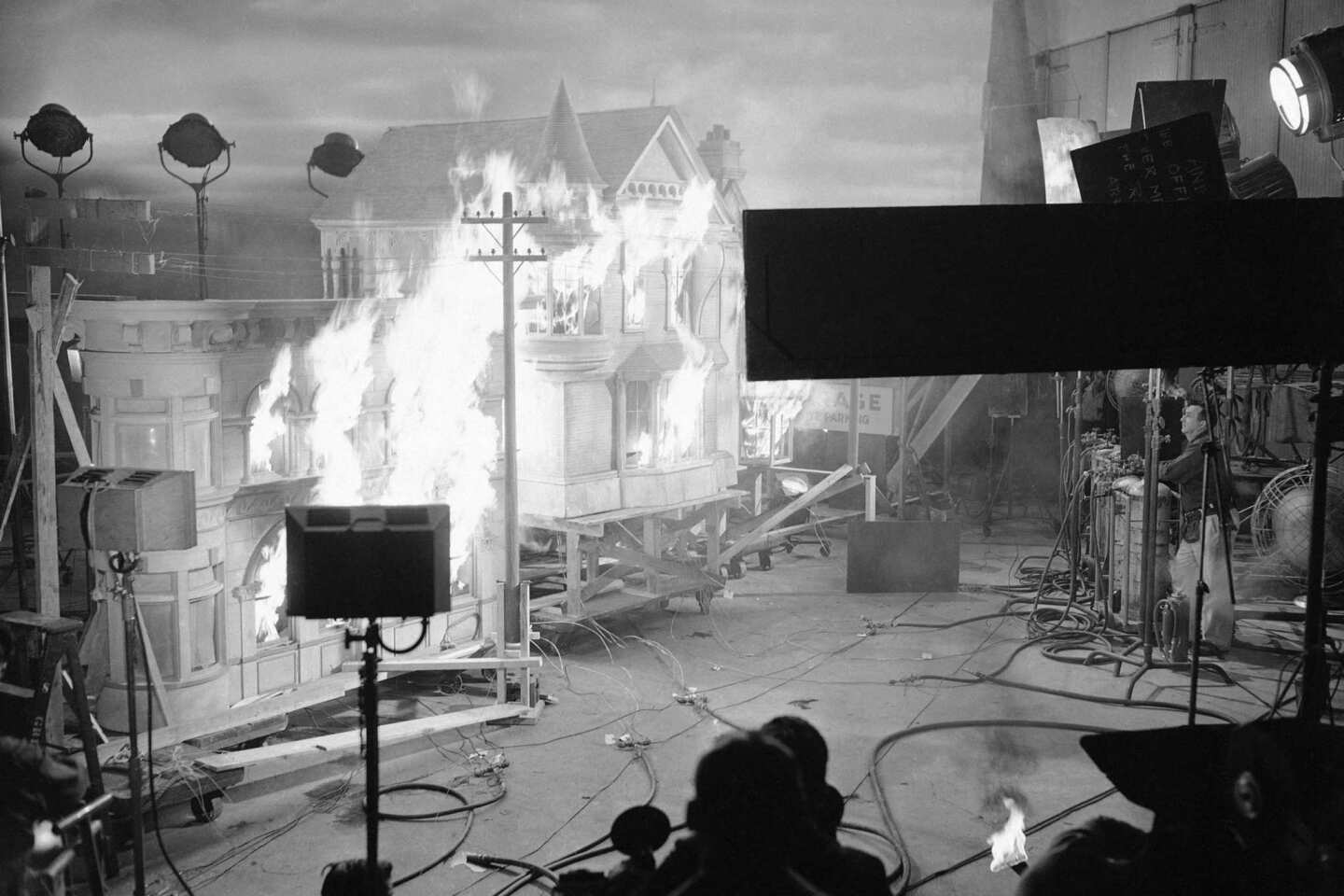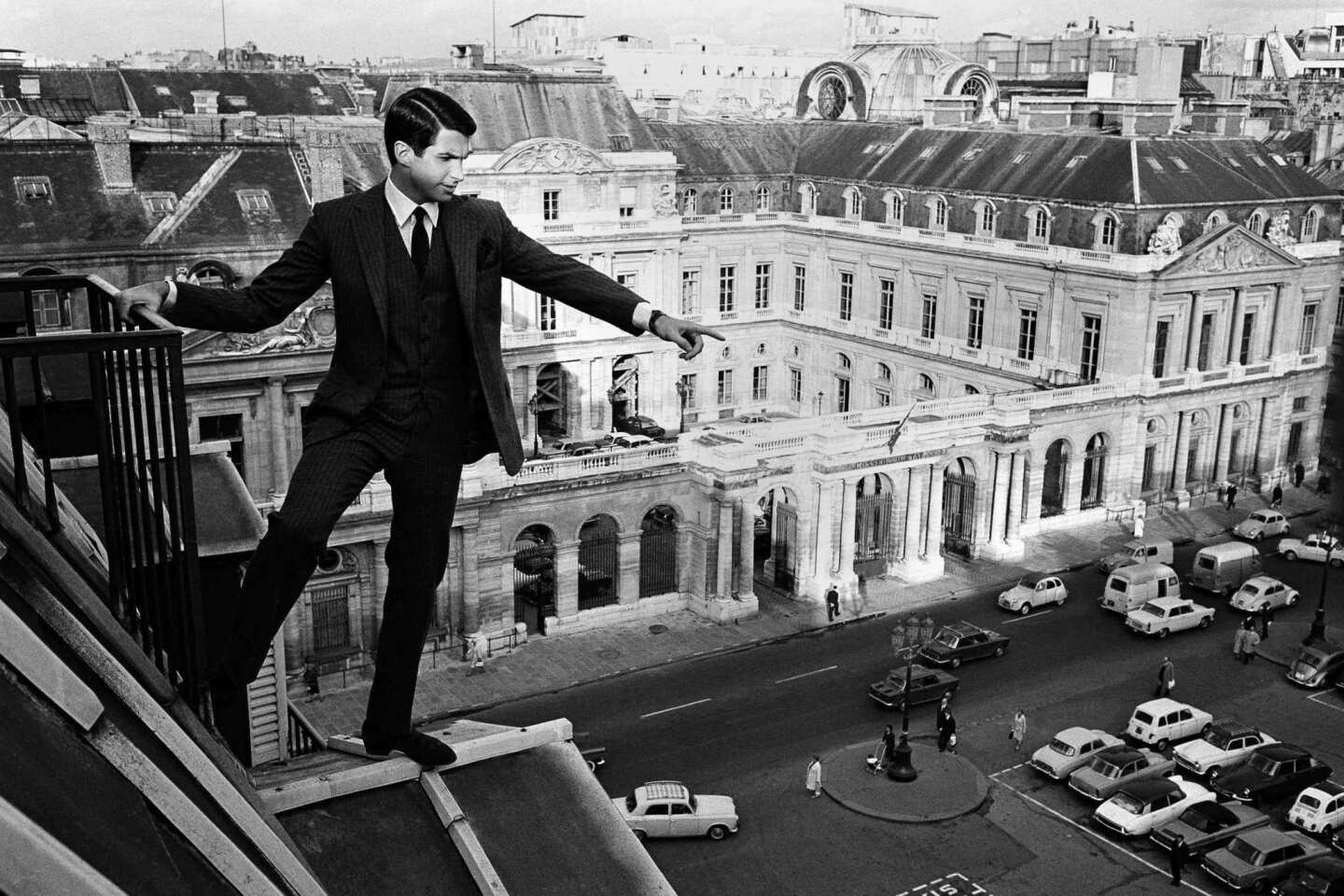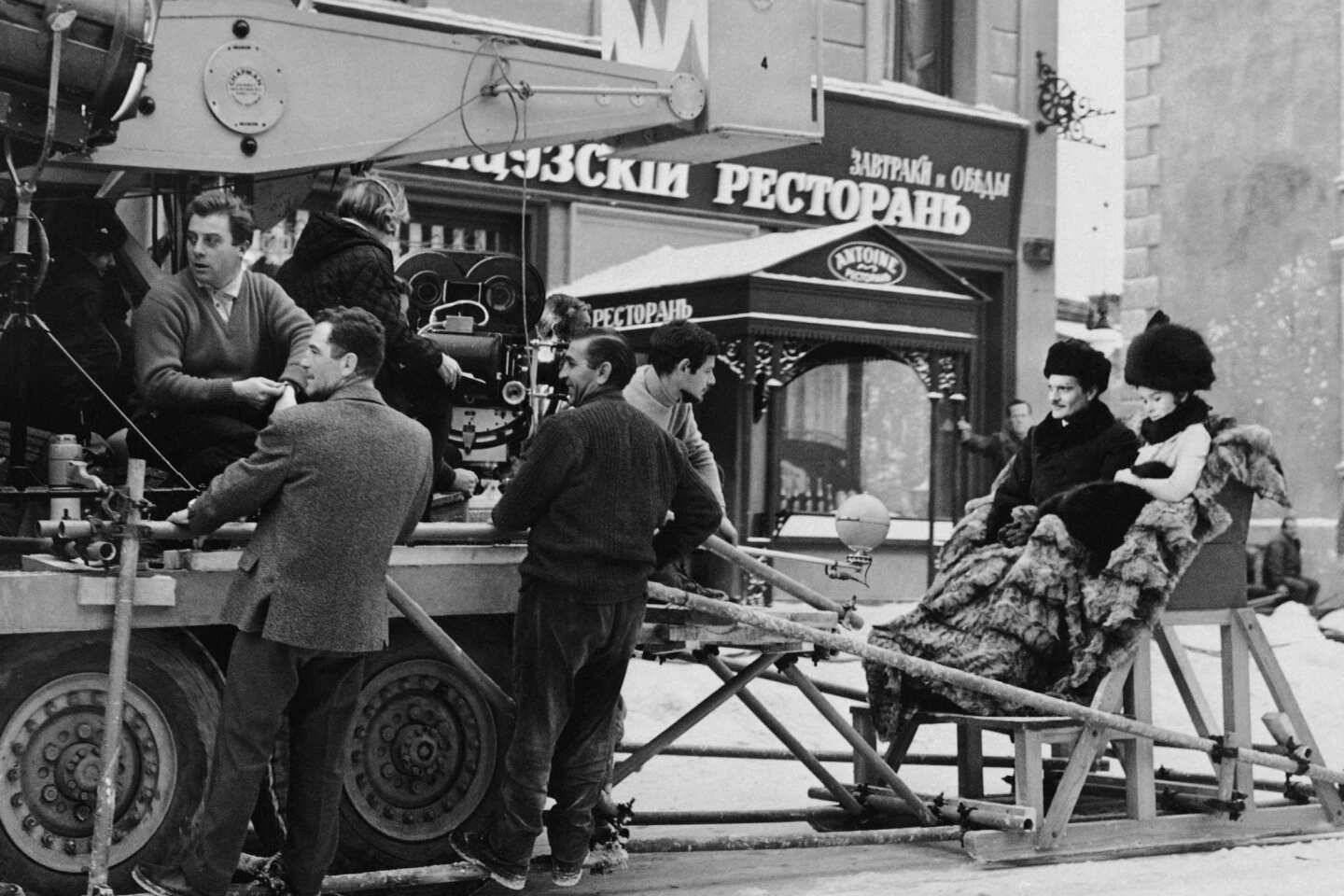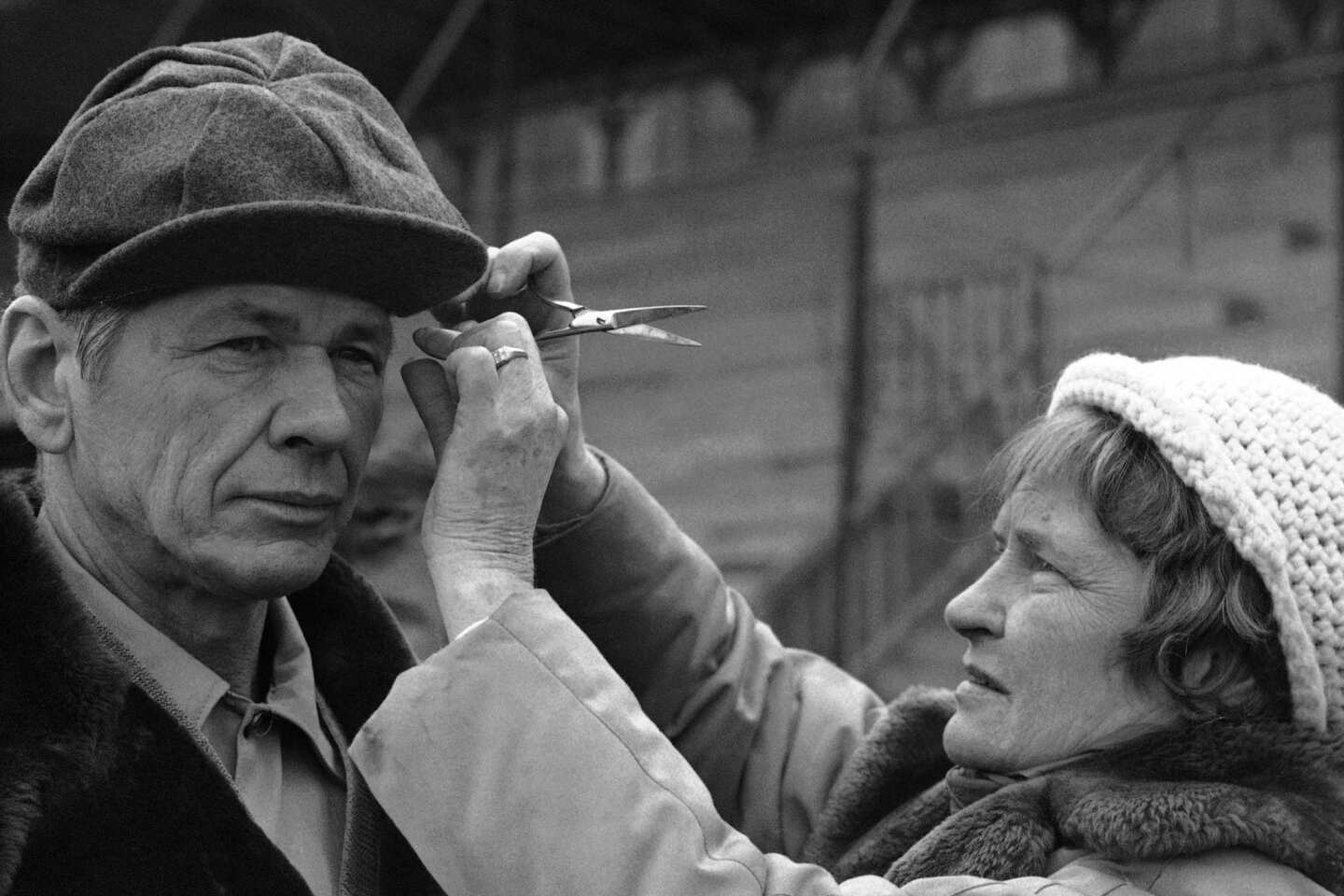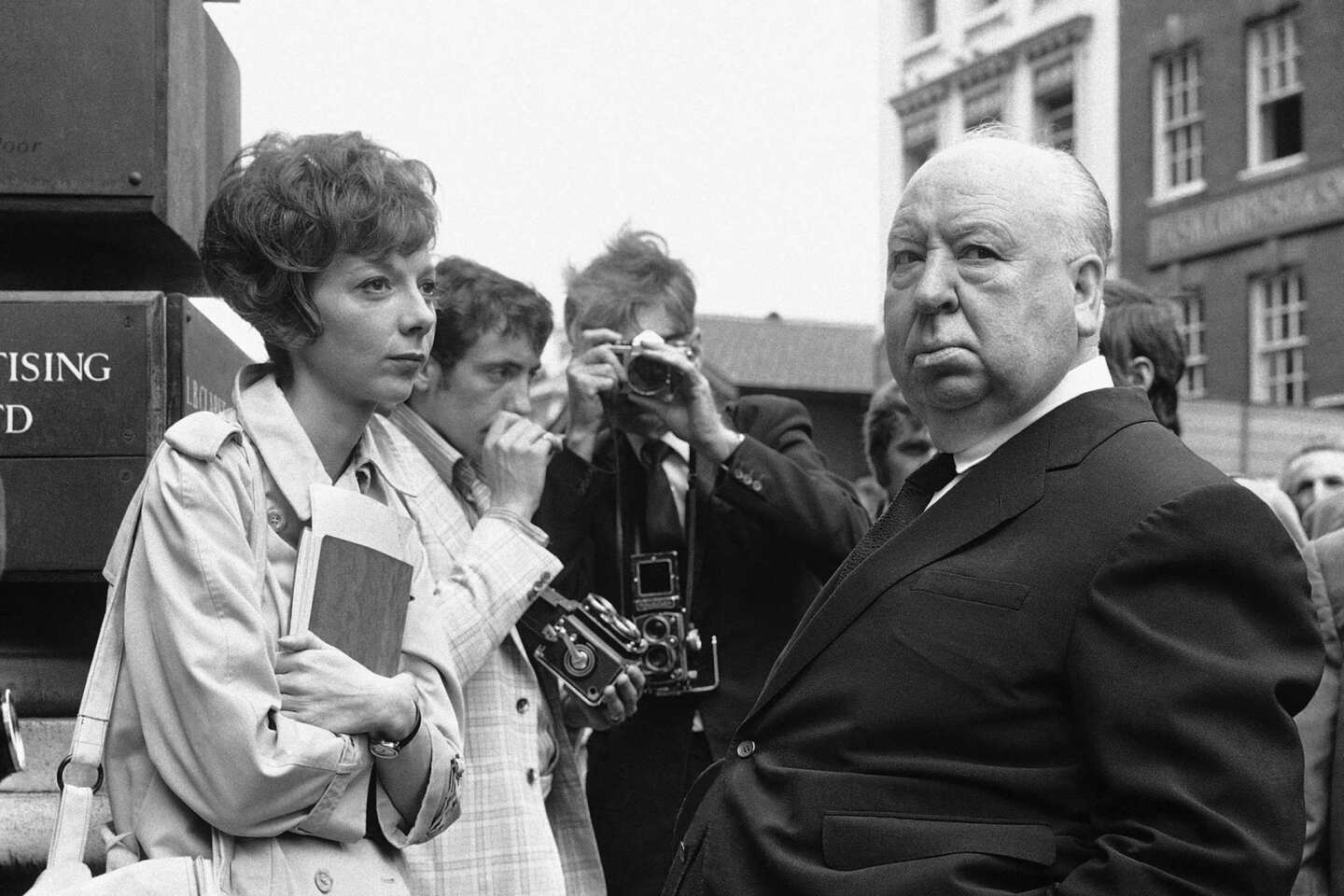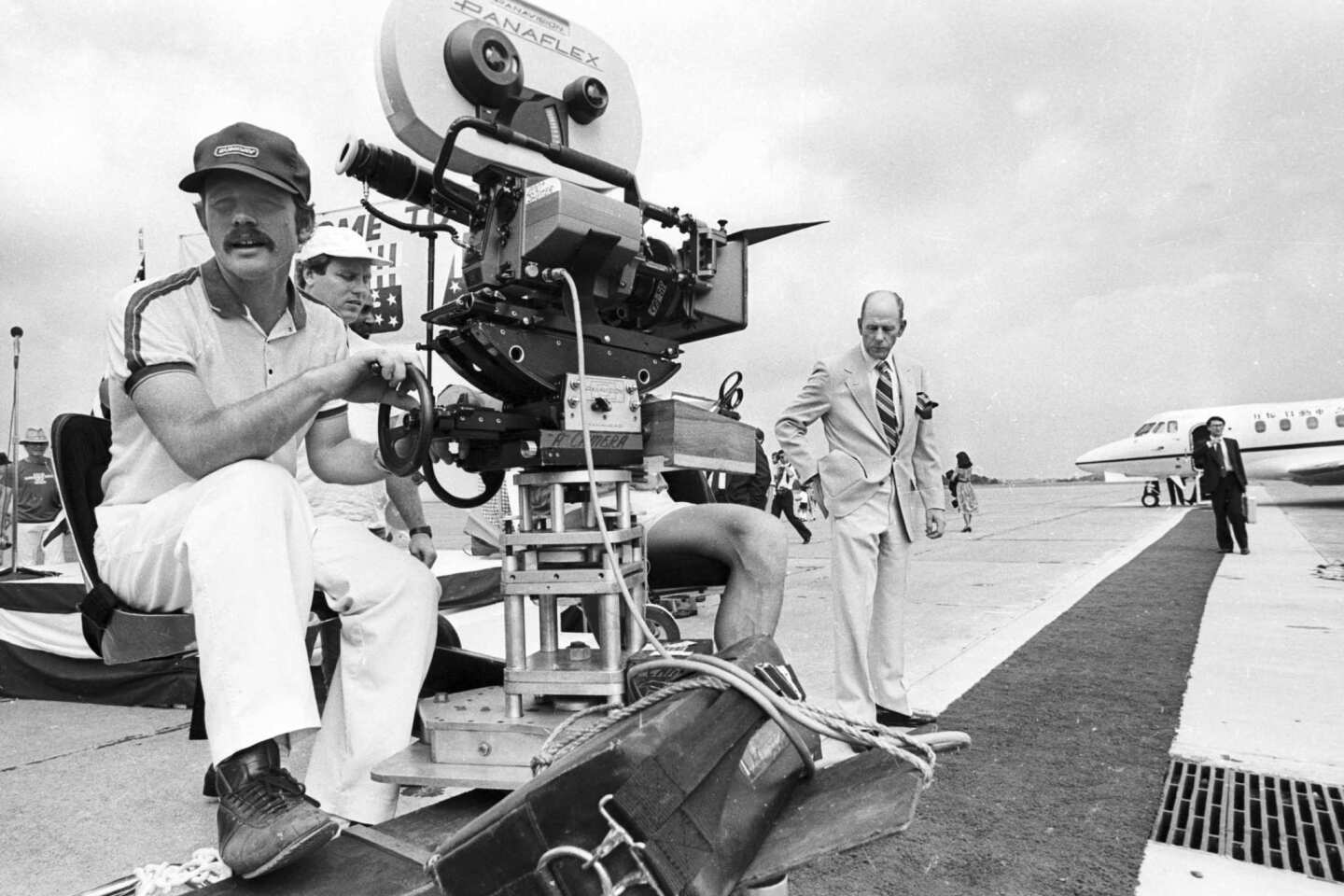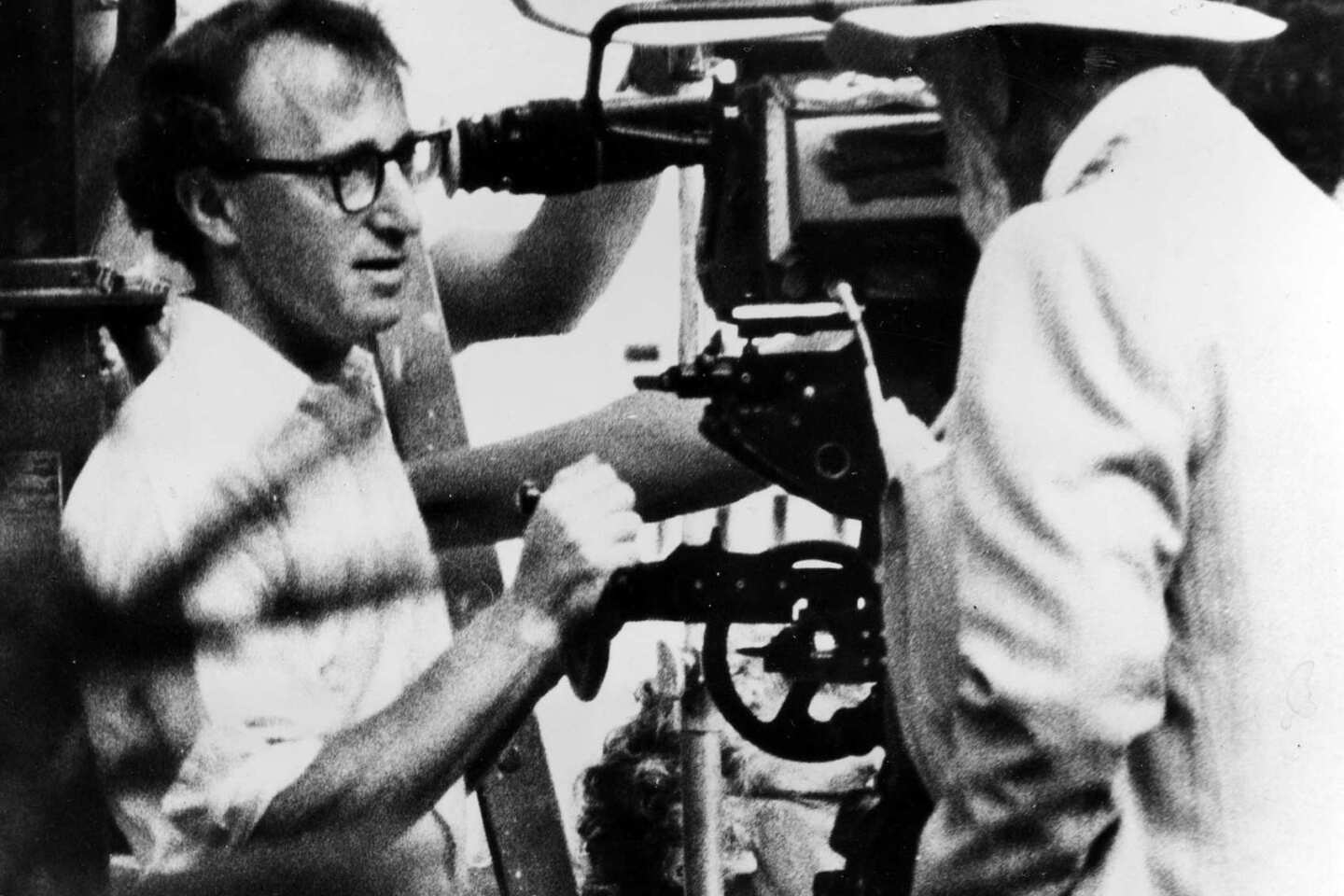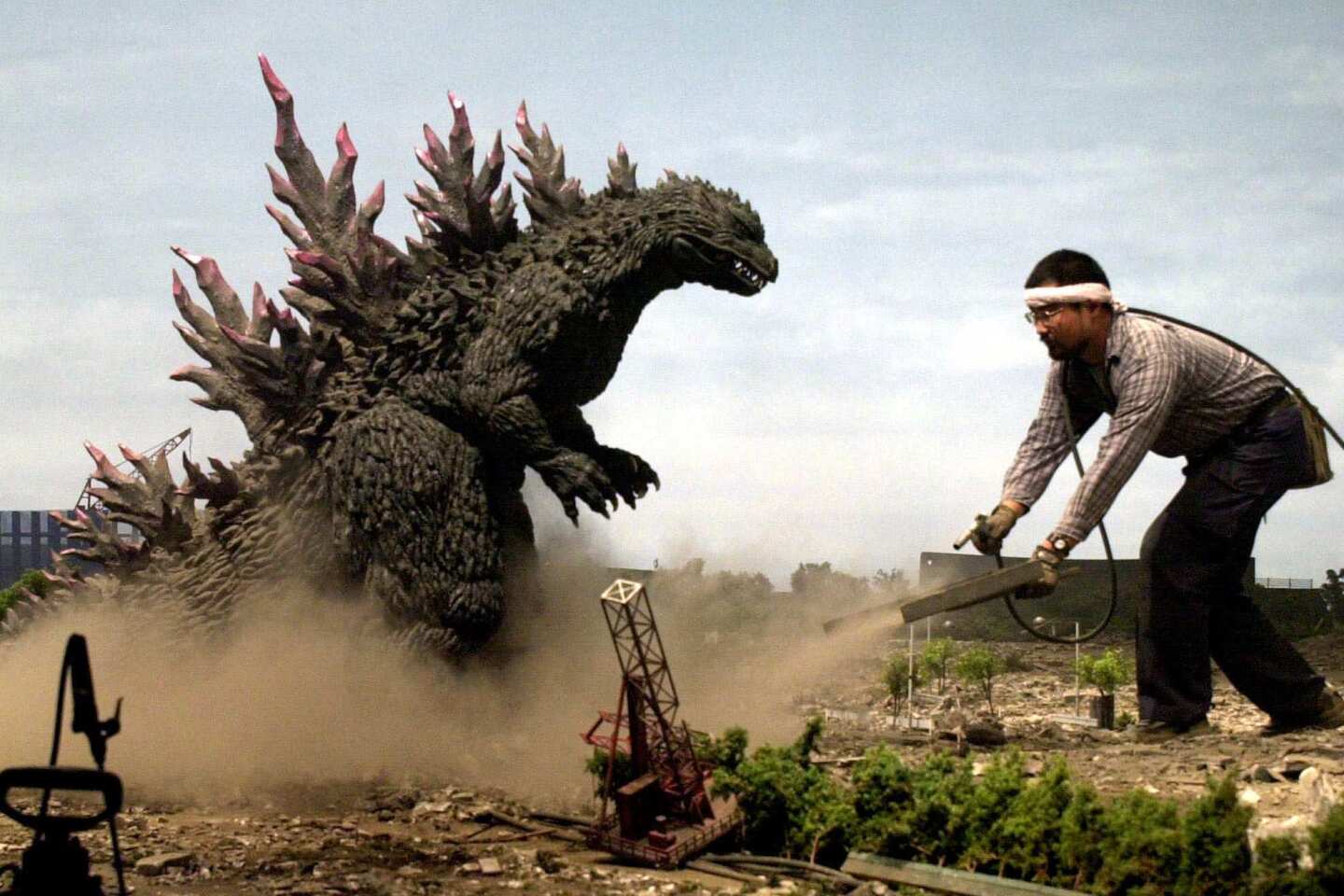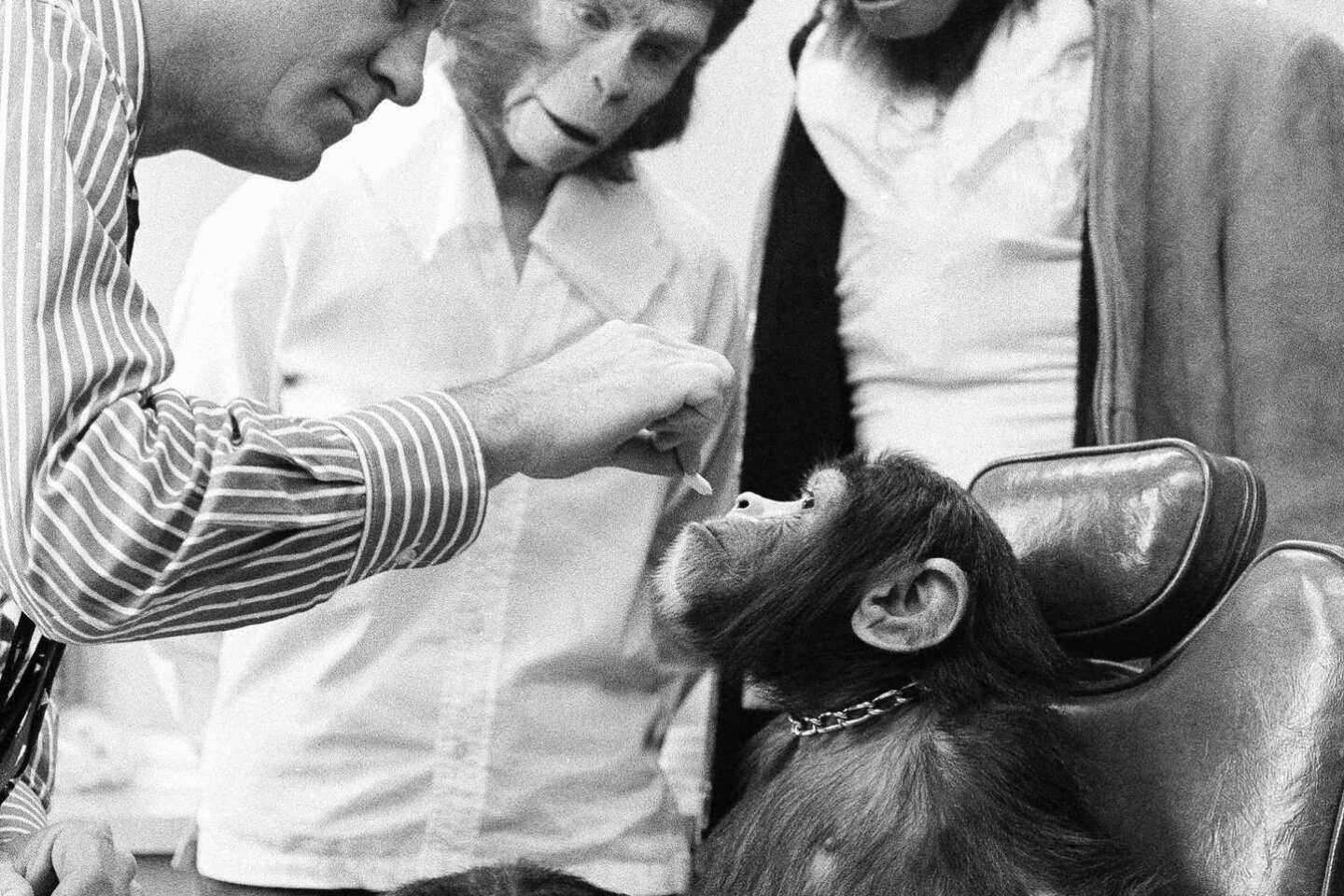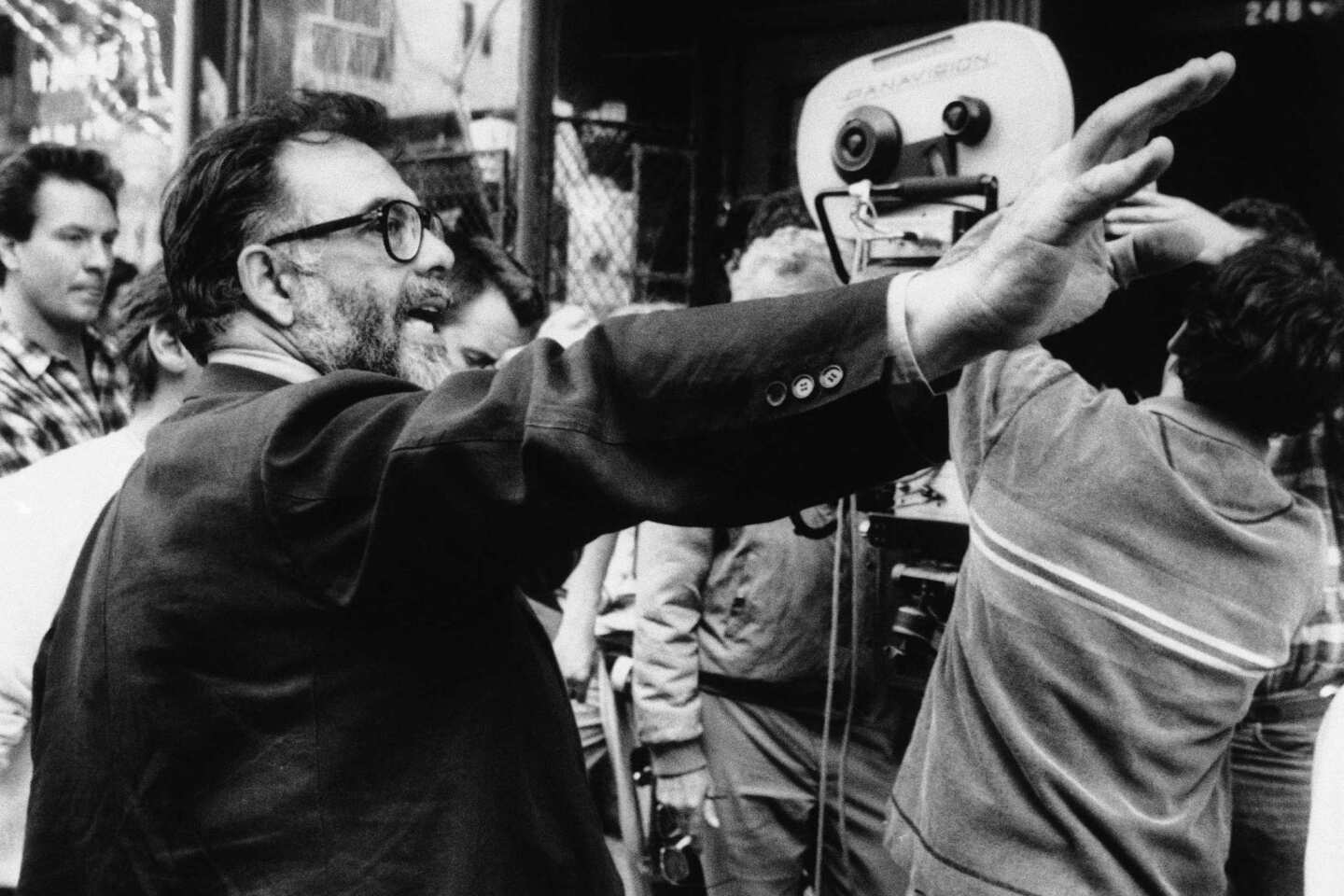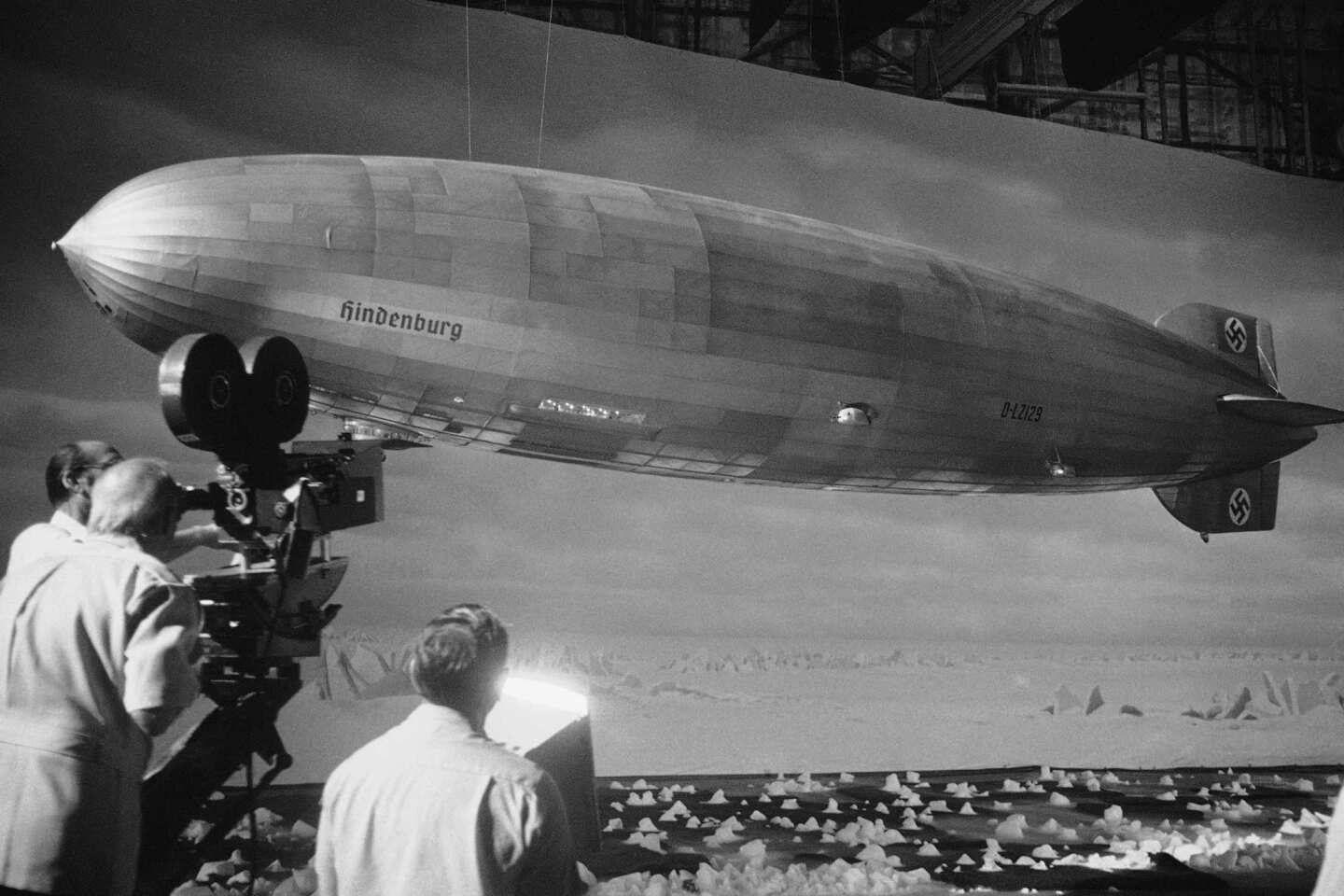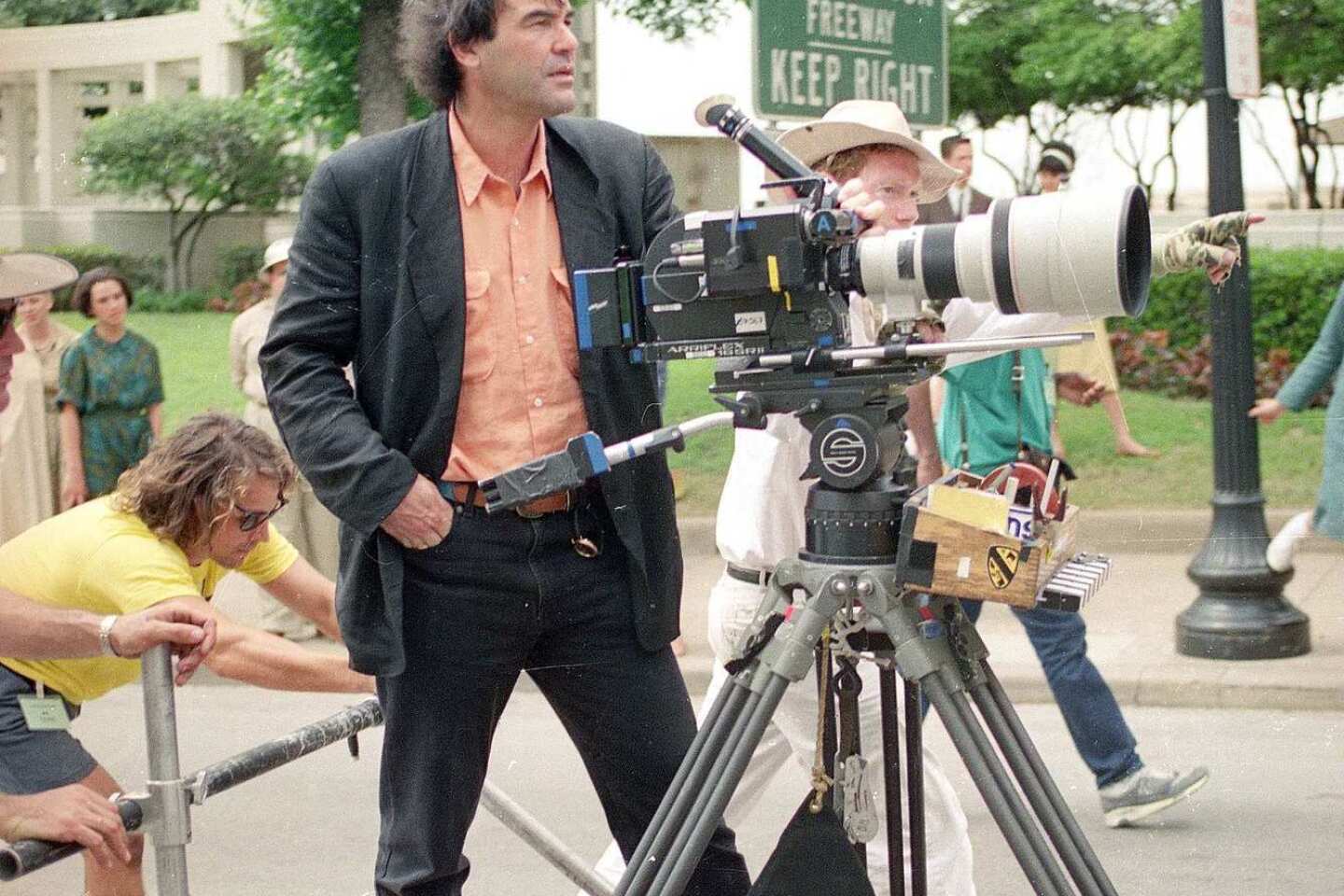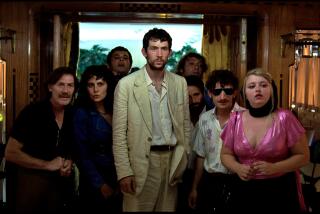‘Now You See Me’: Let’s remember the ultimate caper film ‘Rififi’
- Share via
“Now You See Me,” which opens Friday, is a caper thriller starring Jesse Eisenberg, Mark Ruffalo and Oscar-winners Morgan Freeman and Michael Caine. The film is about an FBI agent and an Interpol detective on the hunt for a team of young illusionists who pull off elaborate bank heists during their performances and hand out the money to their audiences.
The heist/caper genre has been popular since the silent era and has run the gamut from noirish thrillers such as John Huston’s 1950 “The Asphalt Jungle” and Stanley Kubrick’s 1956 “The Killing” to broad comedies like Stanley Kramer’s 1963 hit “It’s a Mad, Mad, Mad, Mad World.”
Other classics of the genre include both the 1960 and 2001 remake of “Ocean’s 11,” 1955’s “The Ladykillers,” 1969’s and 2003’s “The Italian Job,” Jean-Pierre Melville’s 1955 “Bob Le Flambeur” and Mario Monicelli’s 1958 “Big Deal on Madonna Street.”
But perhaps the most influential of the modern-day heist films is Jules Dassin’s 1955 French classic “Rififi,” based on the novel by Auguste Le Breton. Seminal New Wave director Francois Truffaut (“The 400 Blows,” “Jules & Jim”) wrote at the time of the film’s release: “Out of the worst crime novels I ever read, Jules Dassin has made the best crime film I’ve ever seen.”
Jean Servais stars as an aging gangster who with a crew -- including Dassin acting under the name of Perlo Vita -- attempts a daring robbery at an exclusive Parisian jewelry store.
The highlight of the film is the stunning near 30-minute sequence of the jewelry robbery itself that Dassin shot without music or dialogue. It is a breathless, tense experience and the scene set the bar for countless heist films, including Dassin’s own lighthearted 1964 caper flick “Topkapi.”
“Rififi” couldn’t have come at a better time for Dassin. He had been one of the top directors in Hollywood (“Night and the City”) until he was blacklisted after being named a communist by another director during the House Un-American Activities Committee hearings.
PHOTOS: Hollywood backlot moments
Not all of Europe welcomed the director when he fled the U.S.
The late director, who lived in Greece for several decades, told The Times in 2004 that when he arrived in Italy in 1952: “They called me an ‘undesirable alien.’”
He had a better reception in France. “Rififi” not only received great acclaim, but Dassin won the best director award at the Cannes Film Festival.
Because he was blacklisted, he was not warmly embraced by the Hollywood faction attending Cannes. The only Hollywood star at the festival who would talk to him was Gene Kelly. Everyone else, Dassin lamented, “looked down at their toes as if a bug was crawling somewhere, or they hid their faces.”
ALSO:
Dances With Films: Indie film fest celebrates sweet 16
Graphic novel adaptation ‘Blue is the Warmest Color’ wins at Cannes
Cannes Film Festival: J.C. Chandor’s ‘All is Lost’ is unusual survival tale
More to Read
Only good movies
Get the Indie Focus newsletter, Mark Olsen's weekly guide to the world of cinema.
You may occasionally receive promotional content from the Los Angeles Times.
